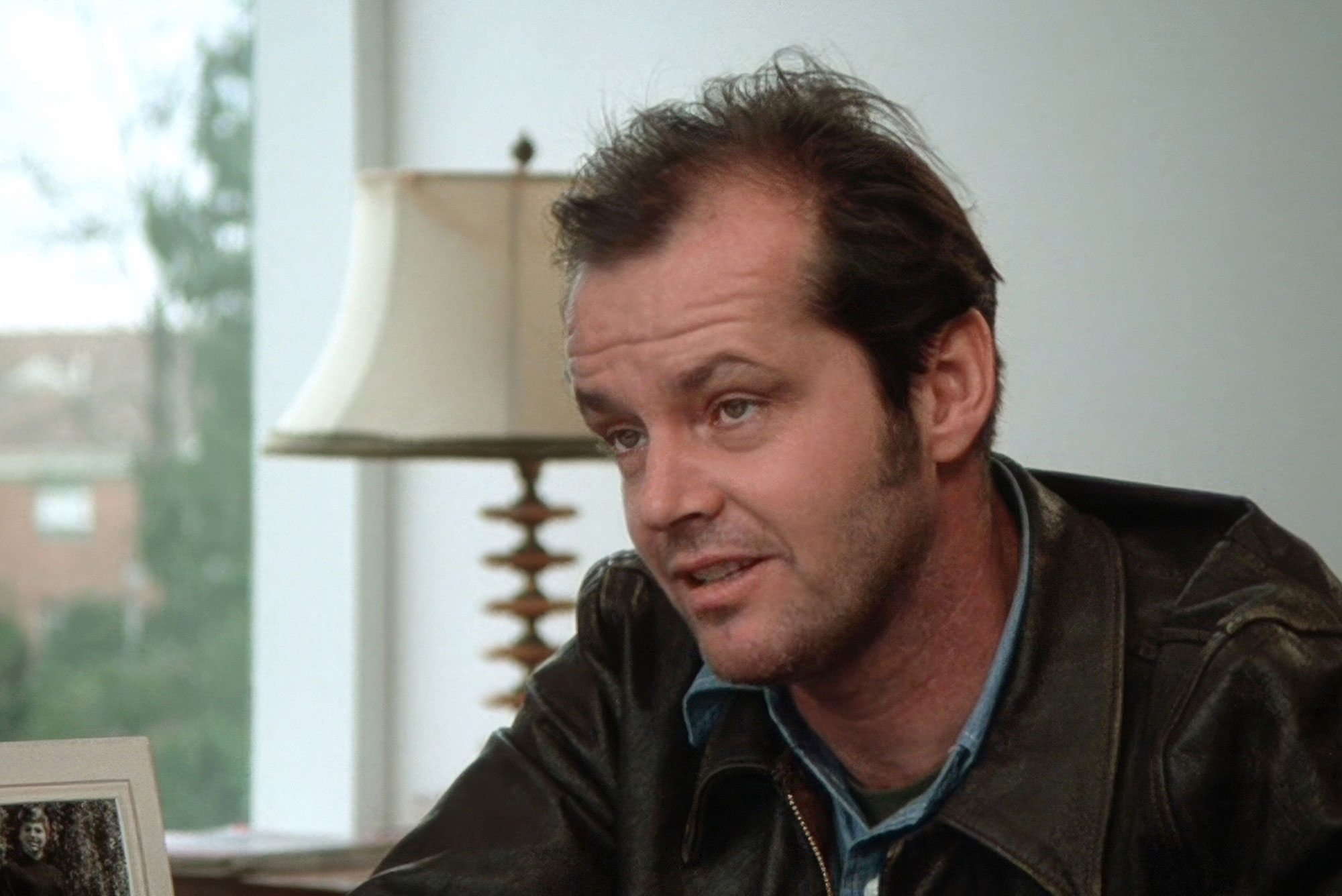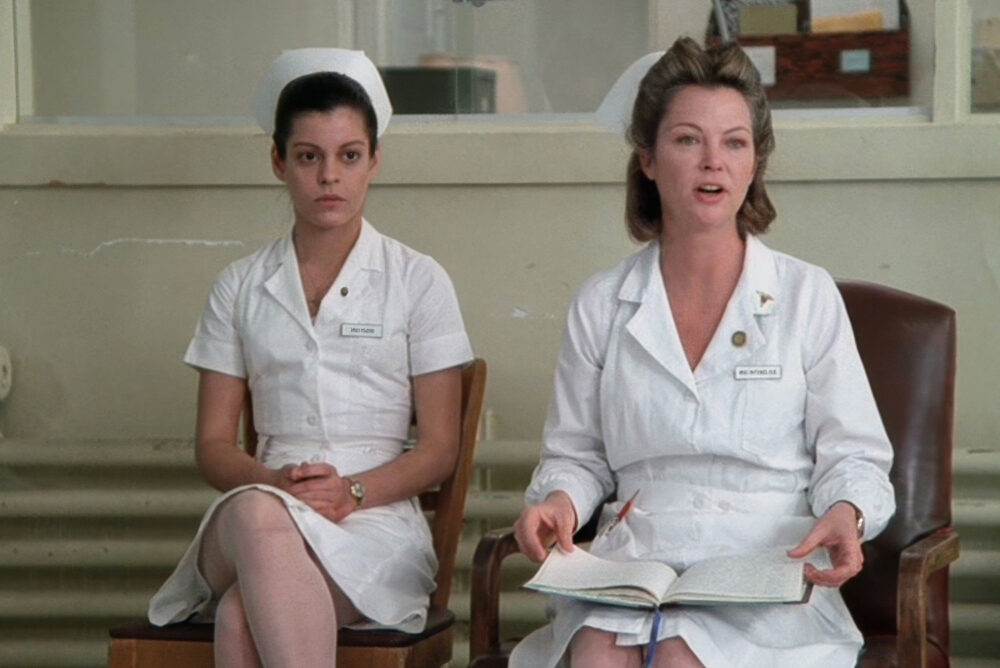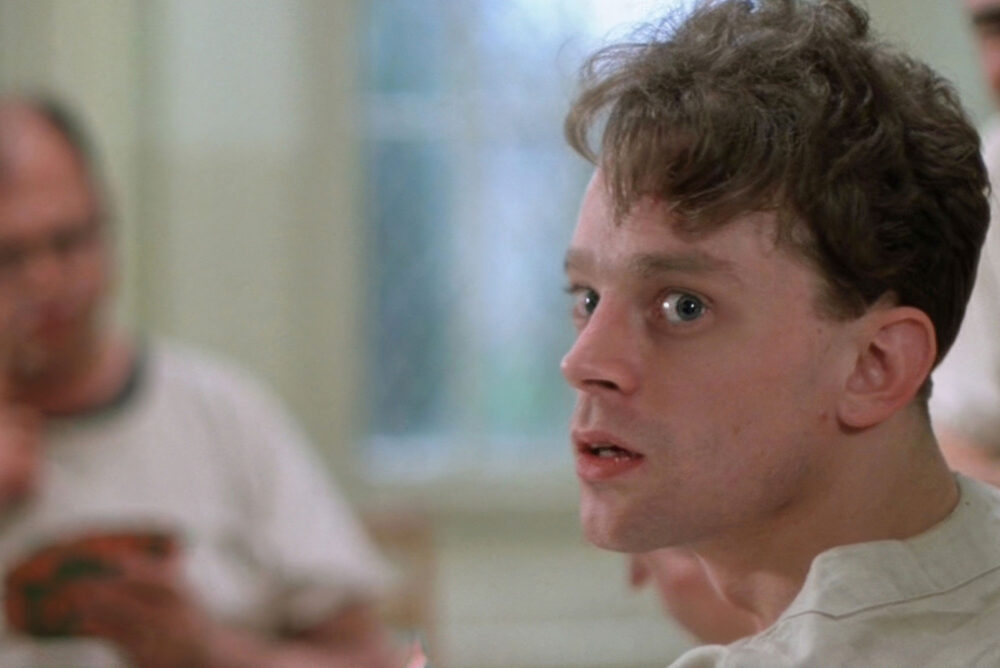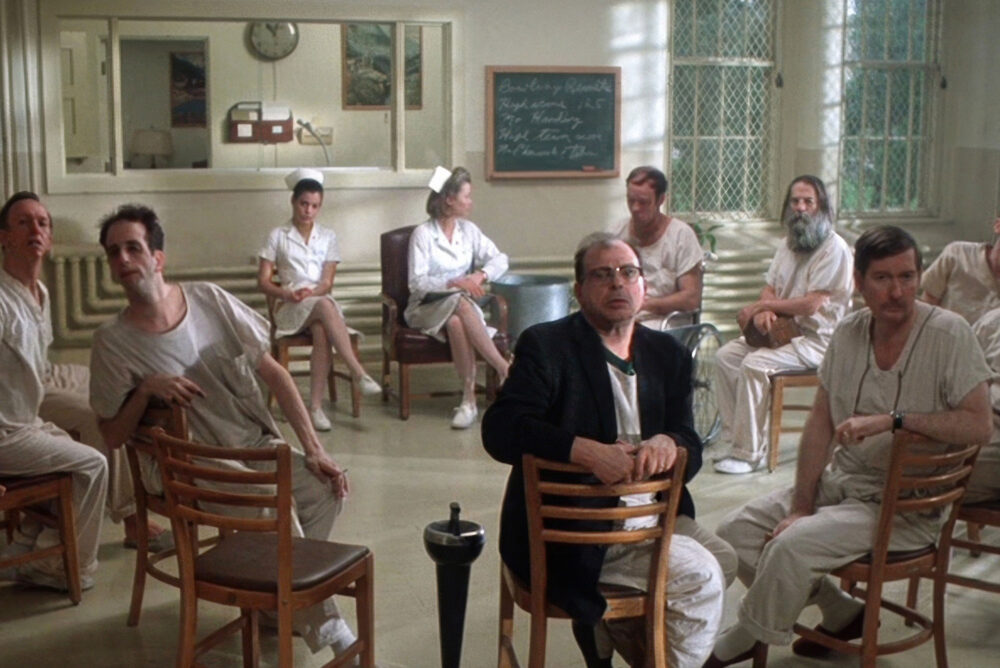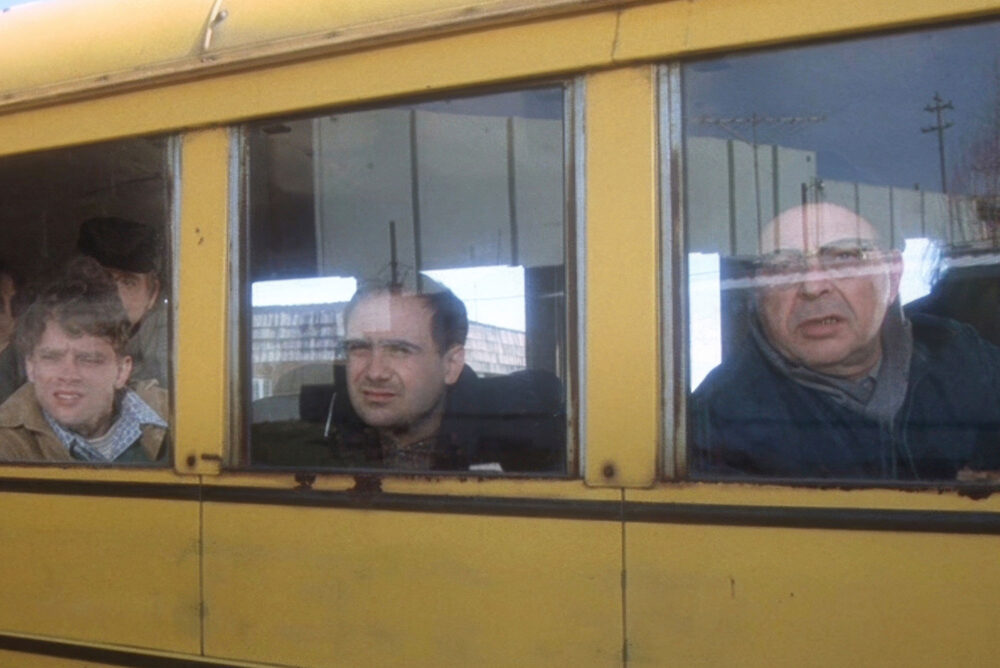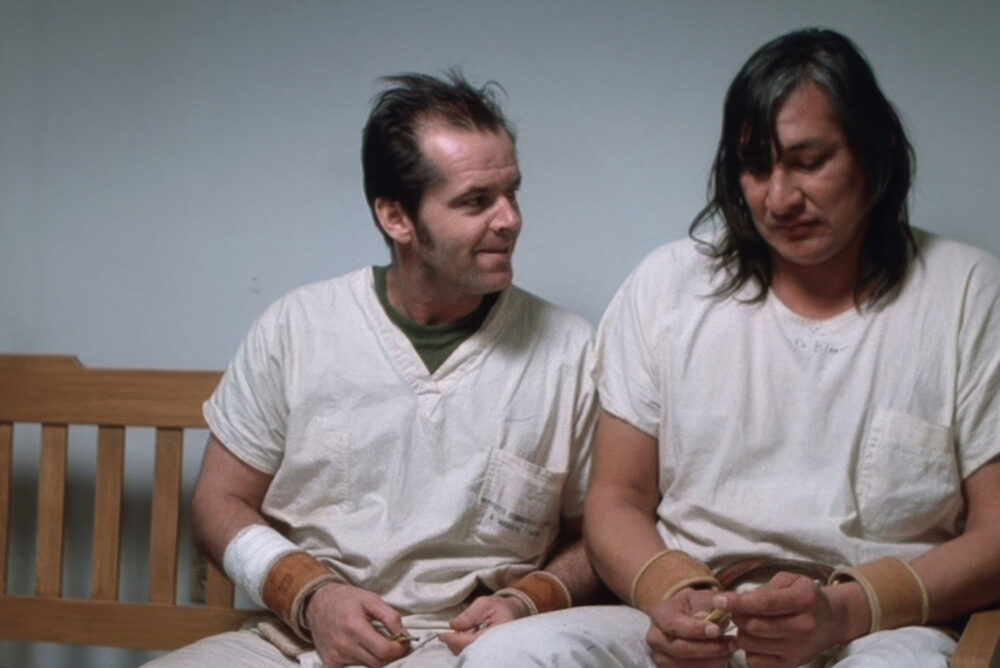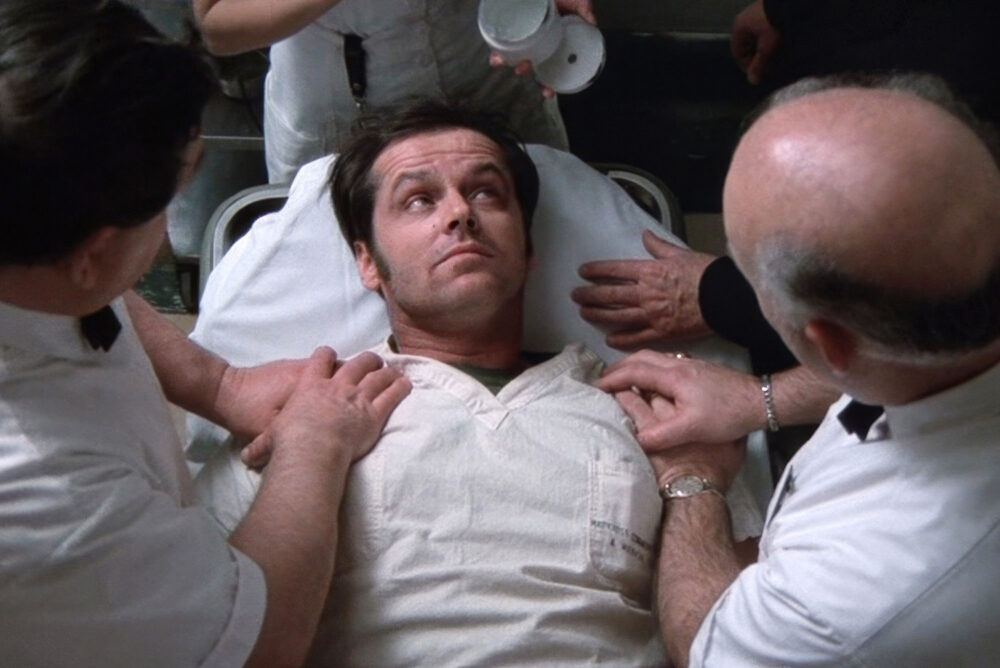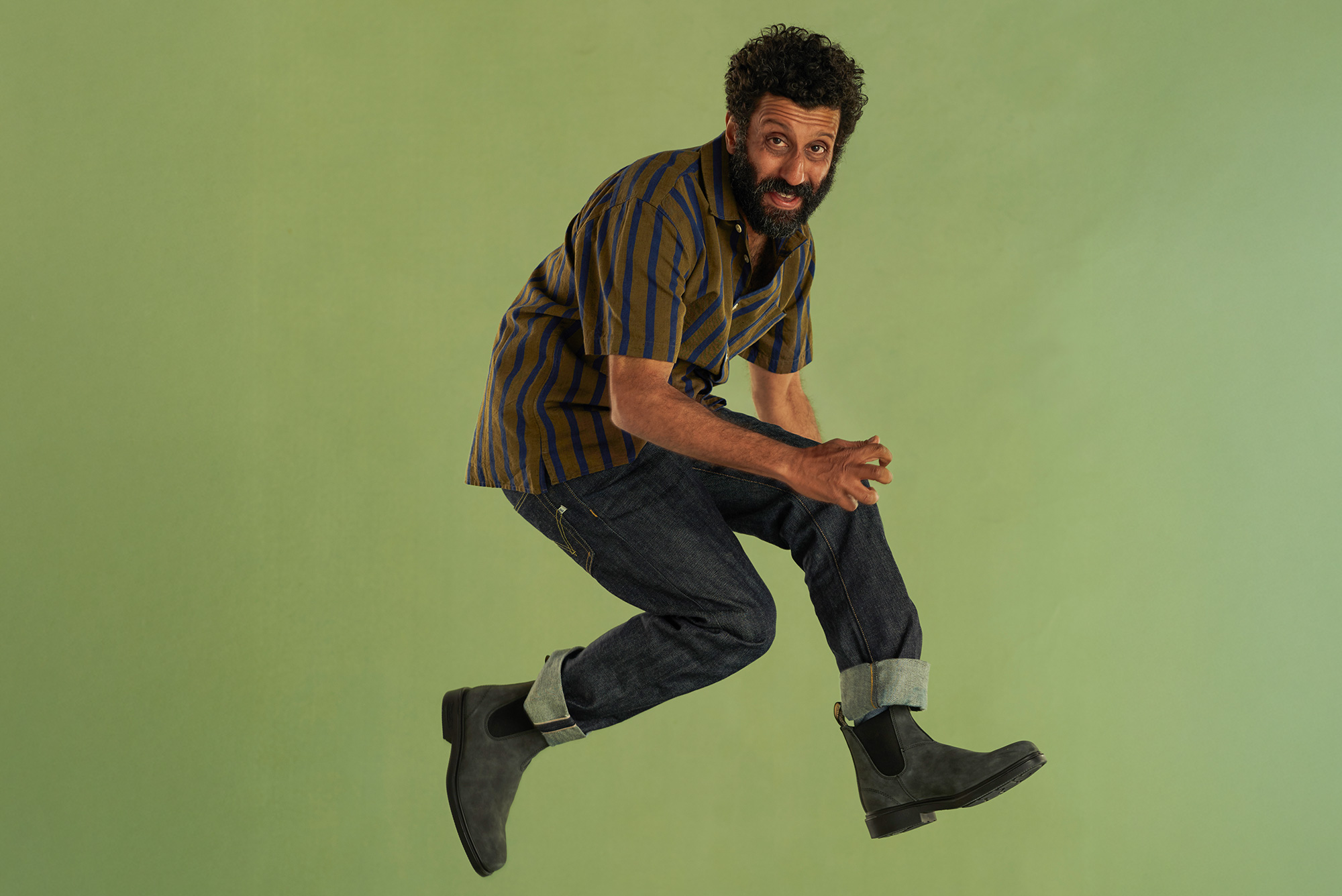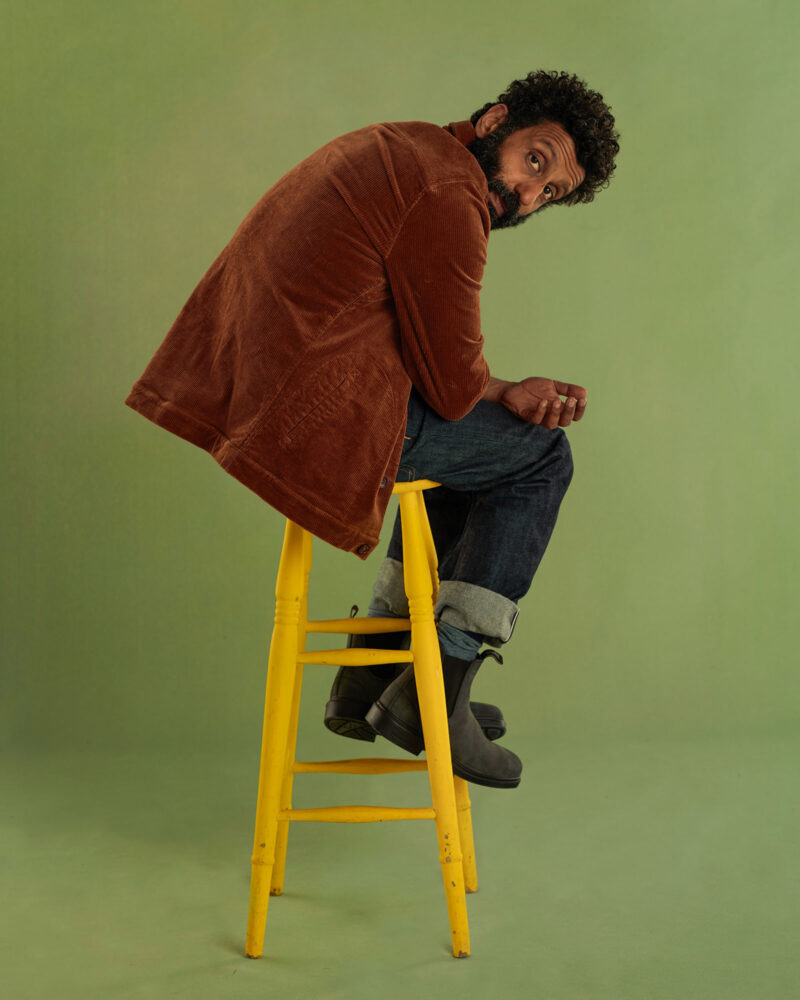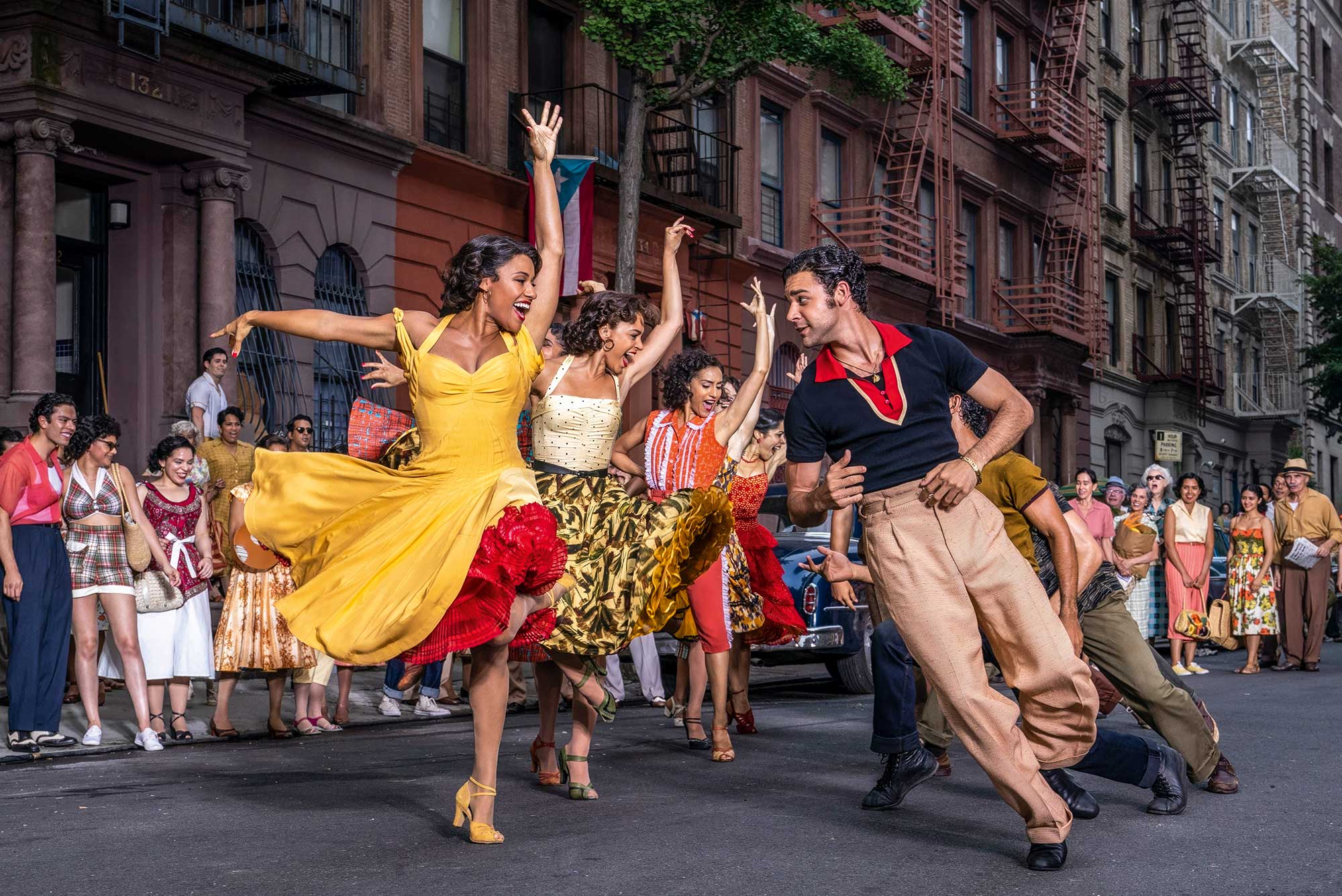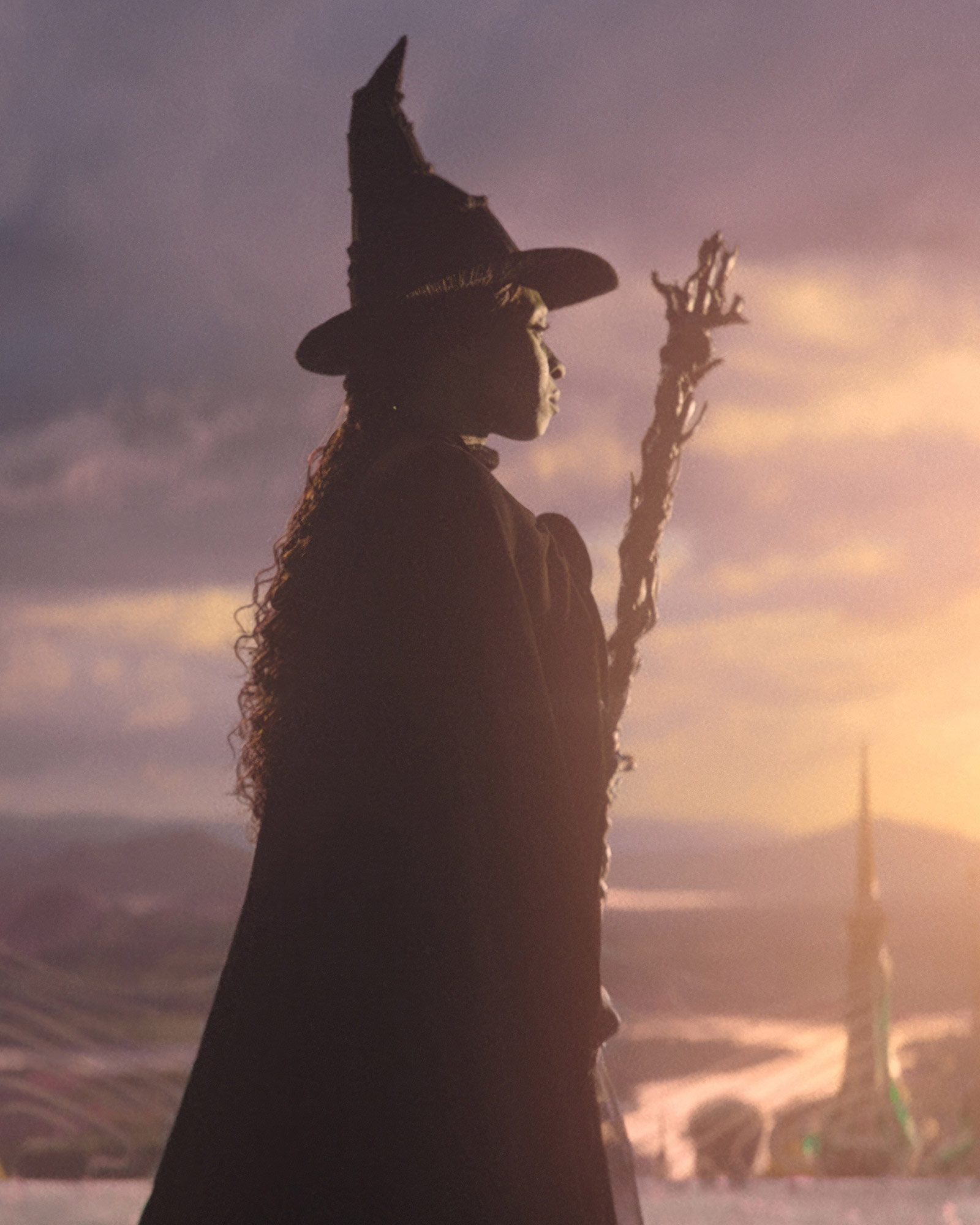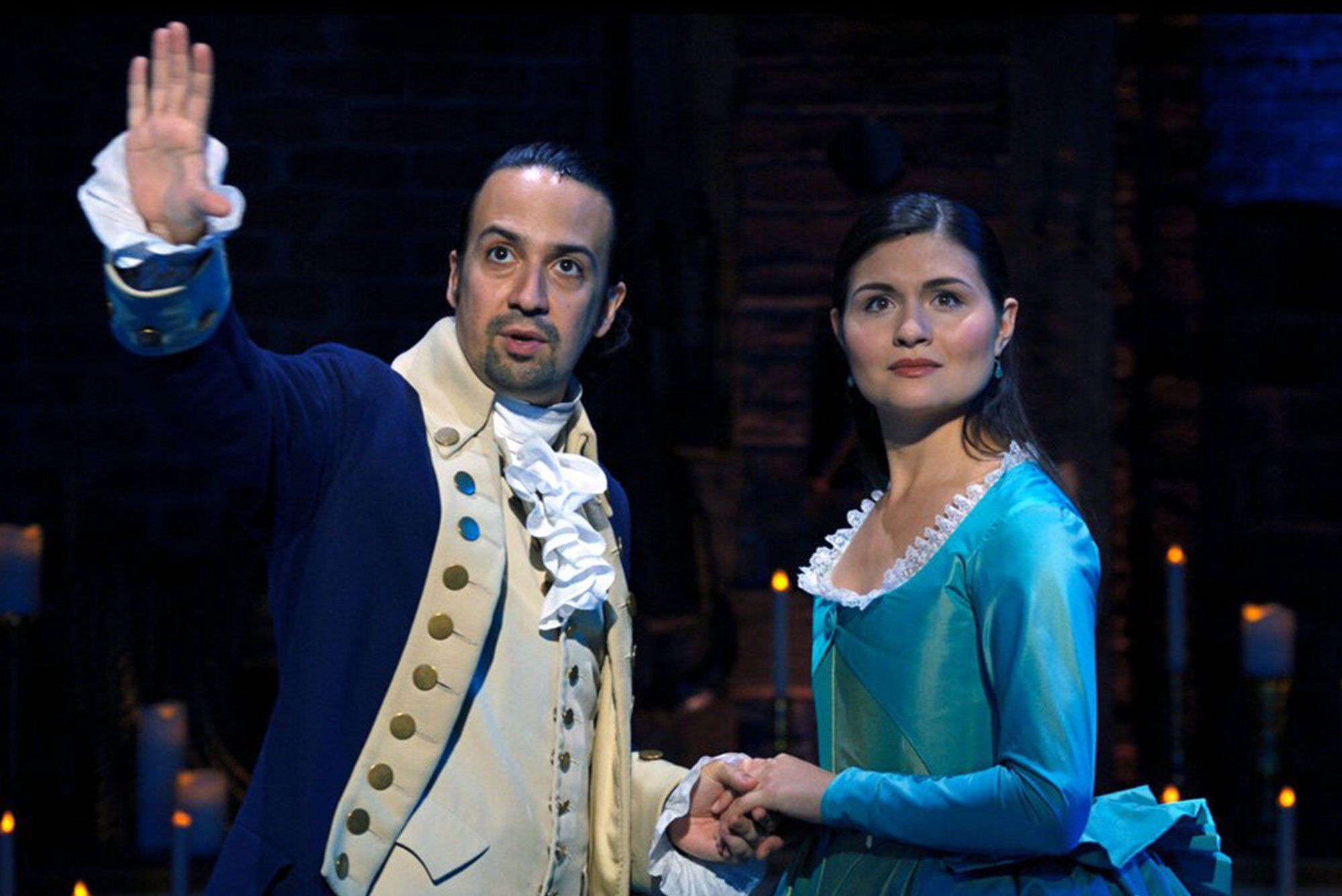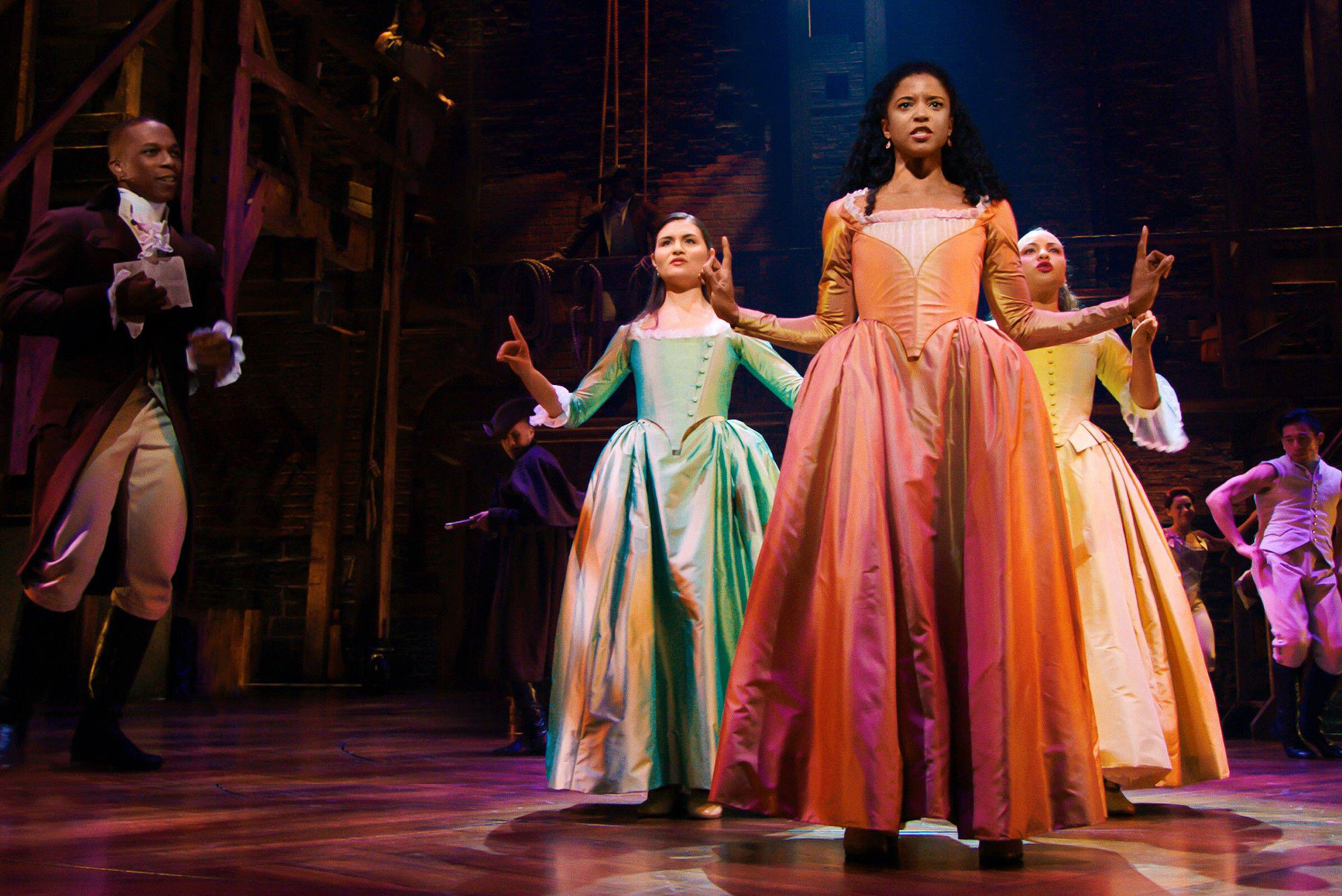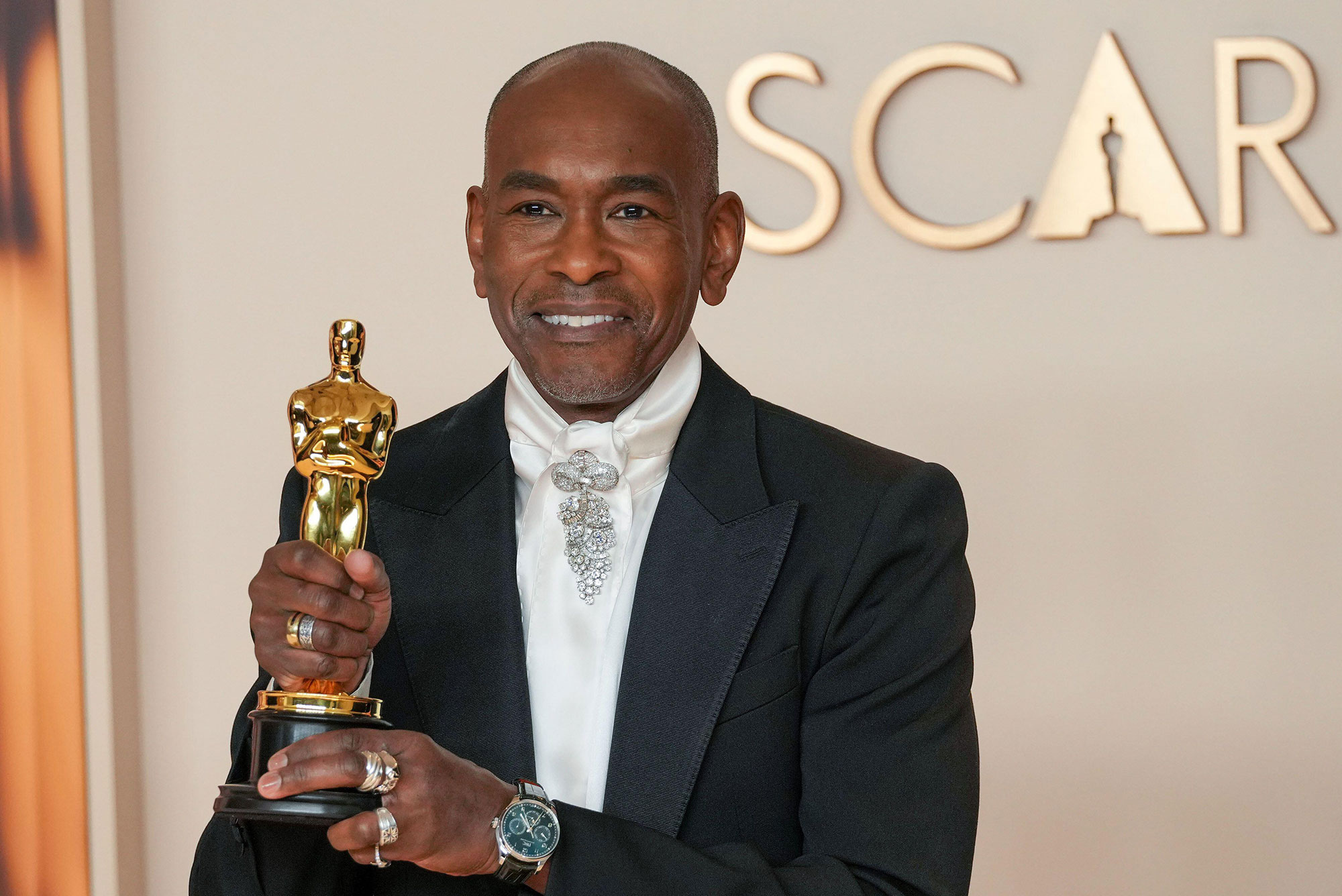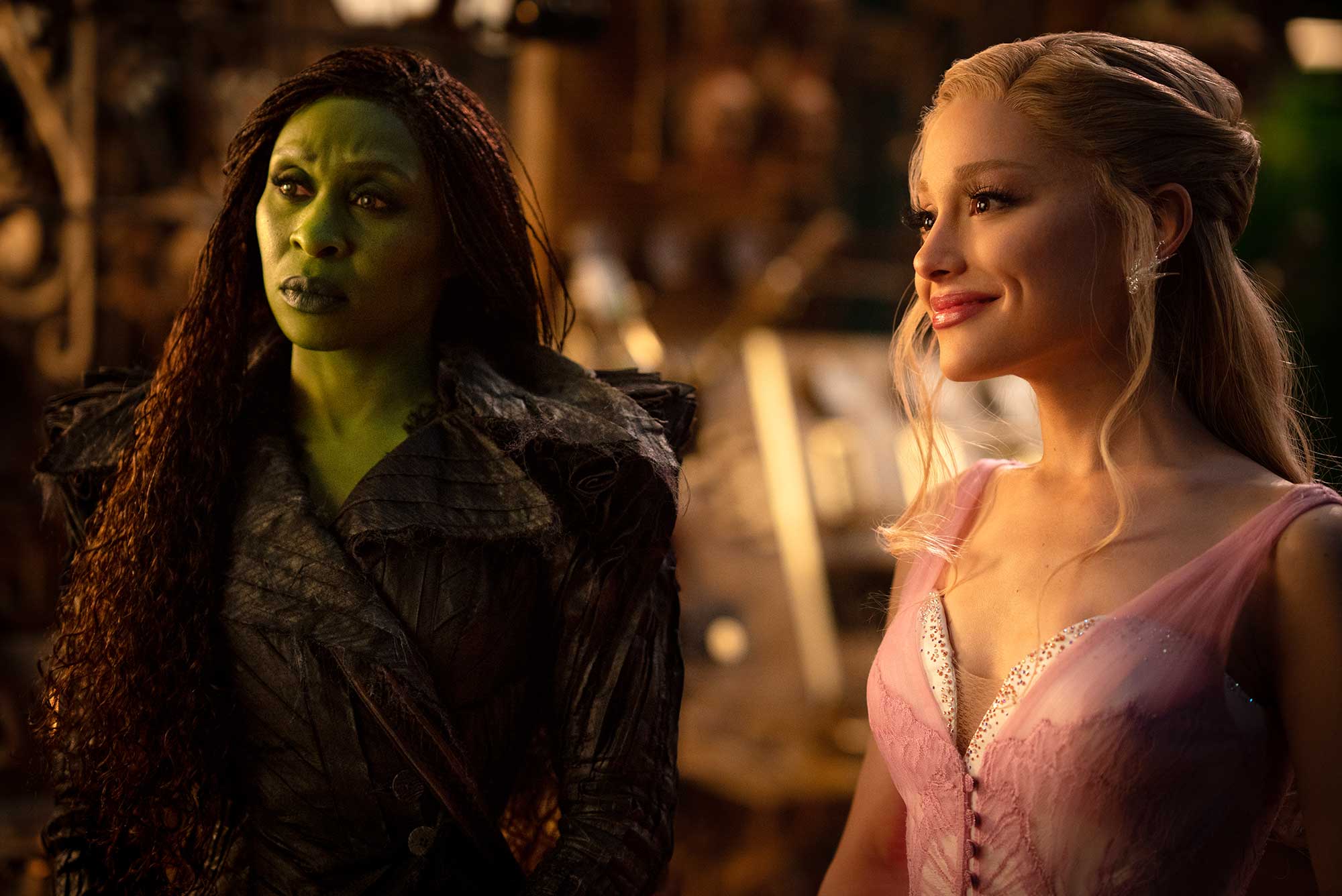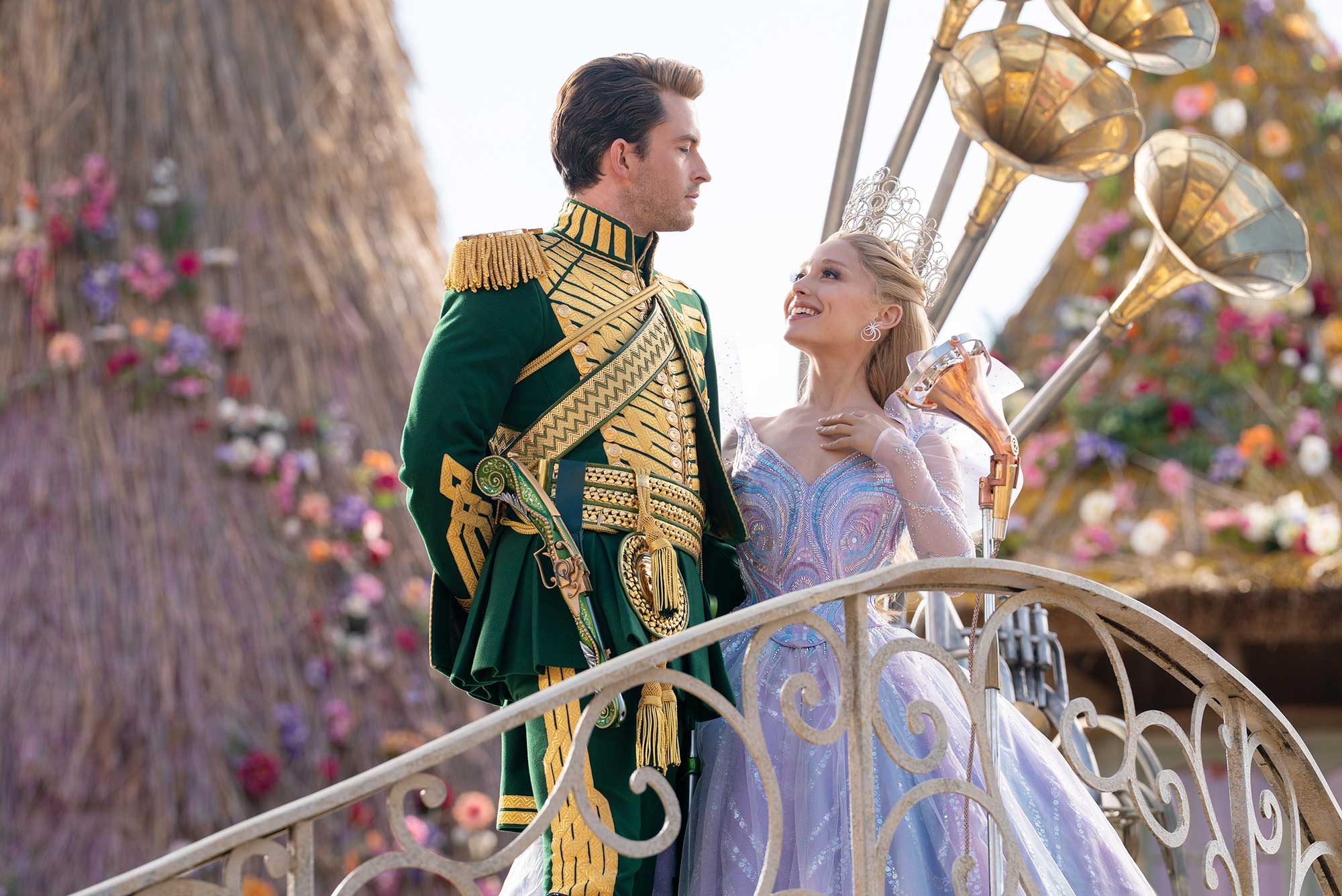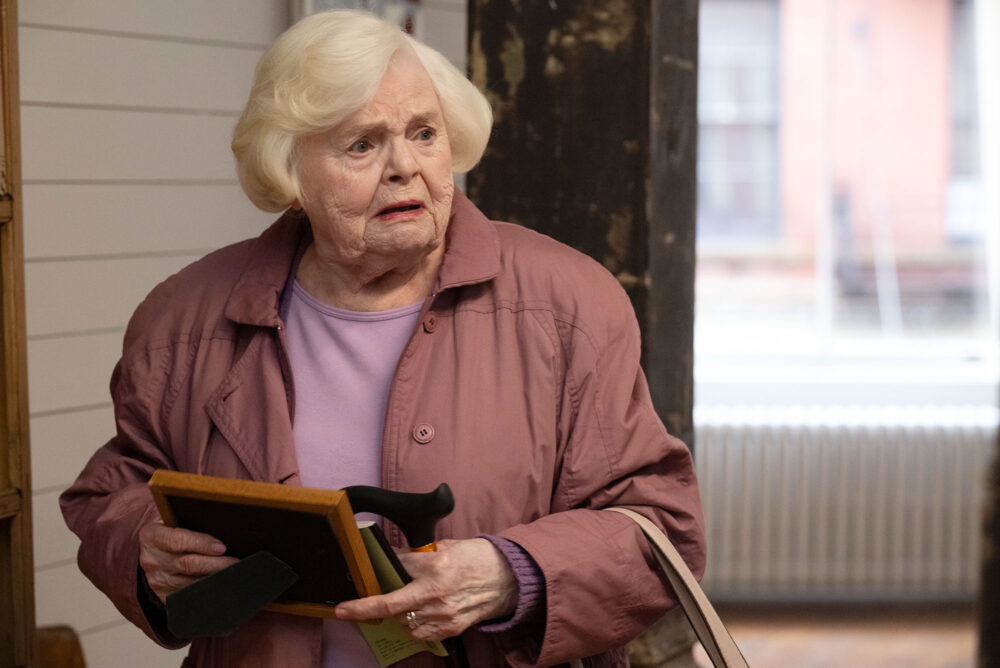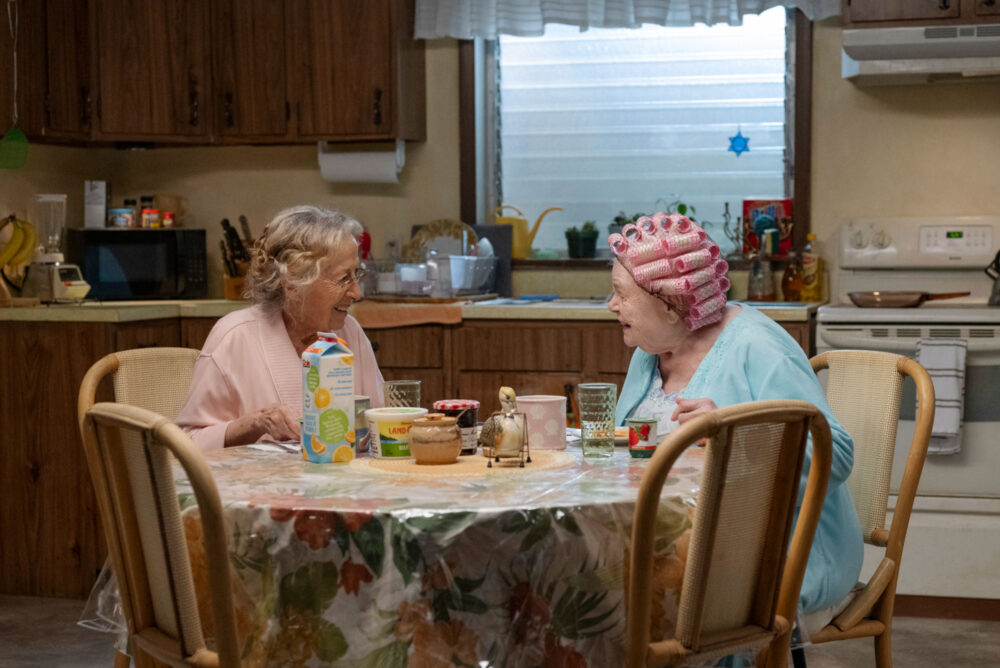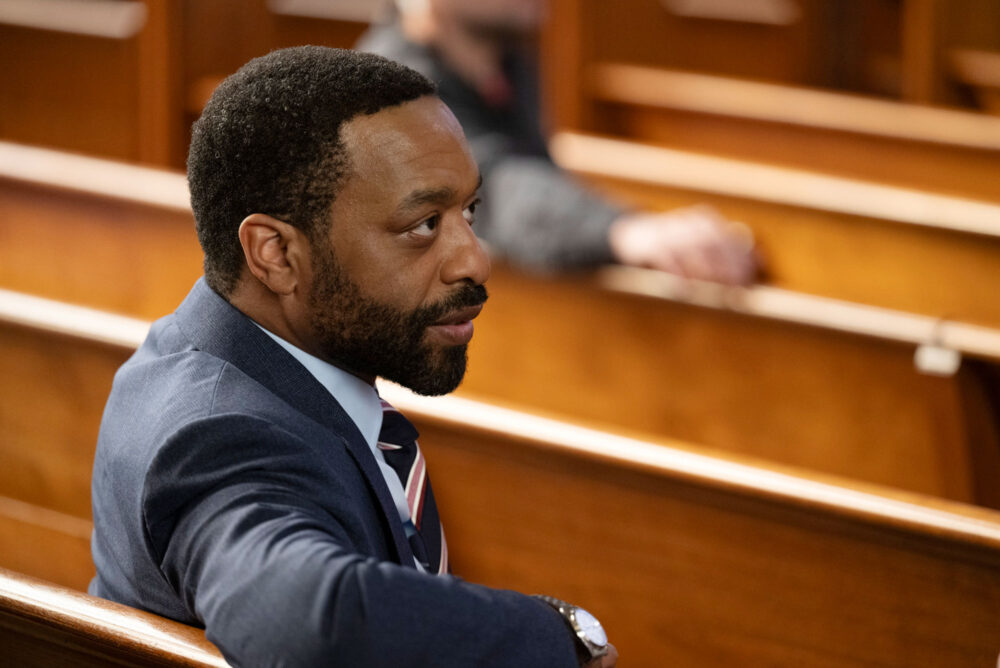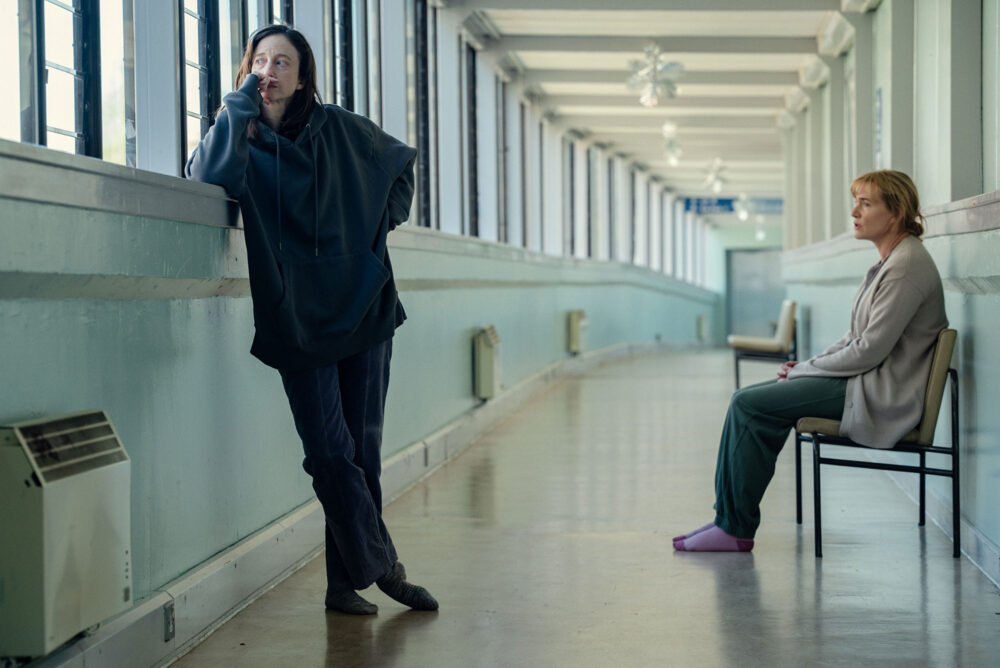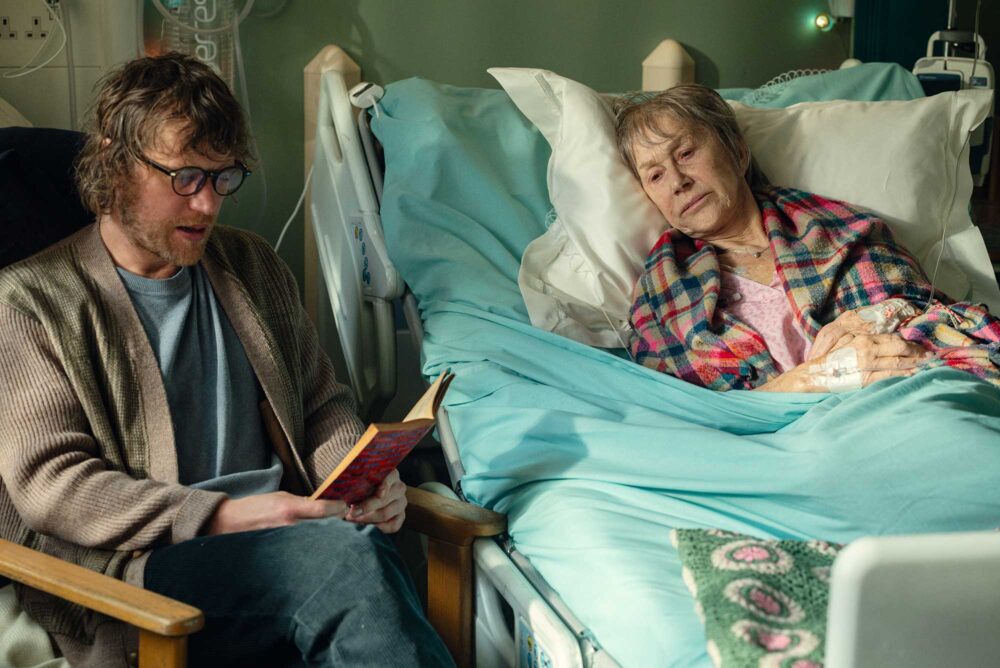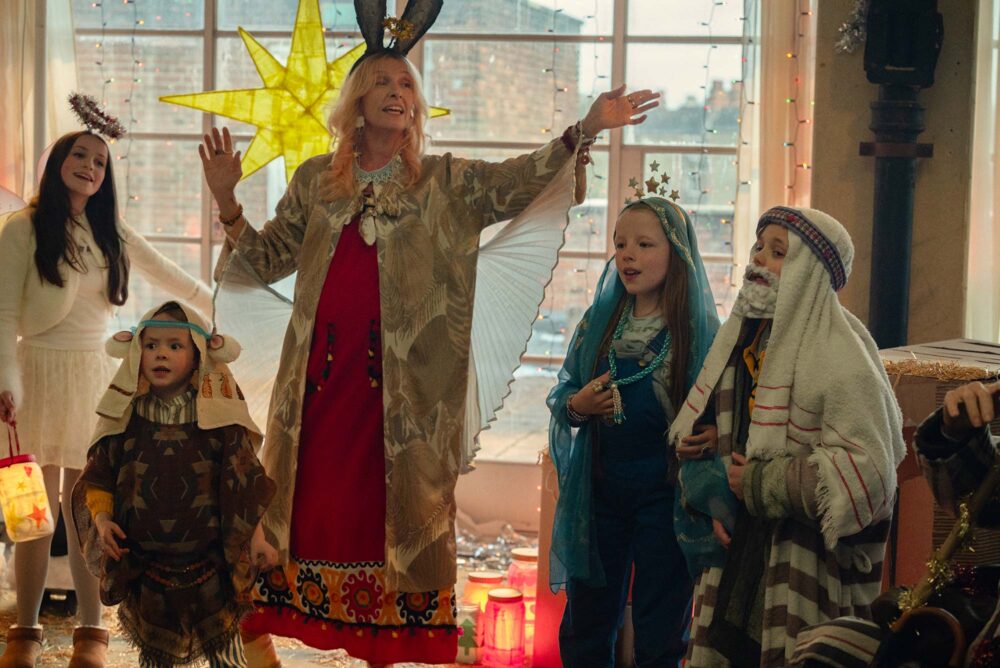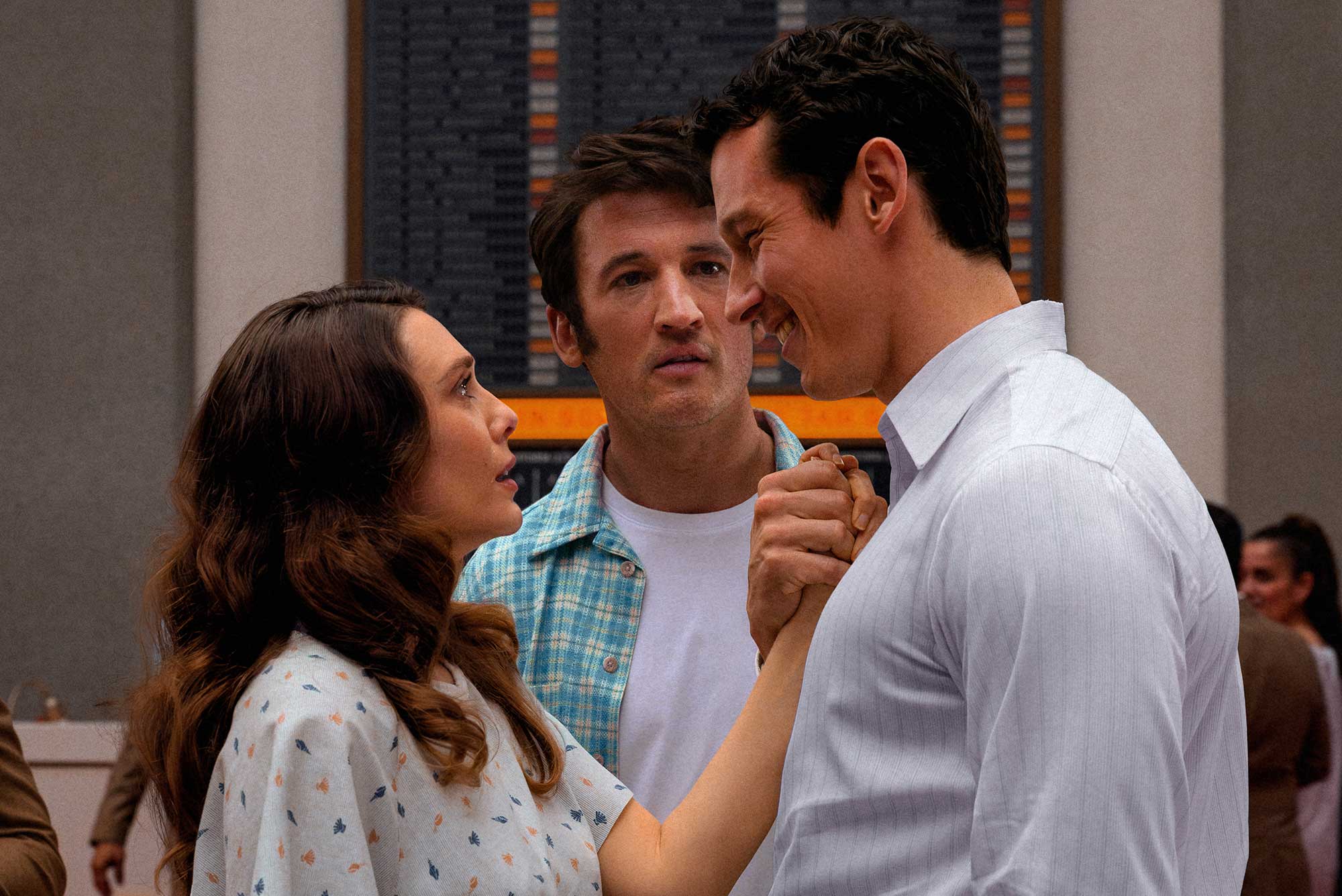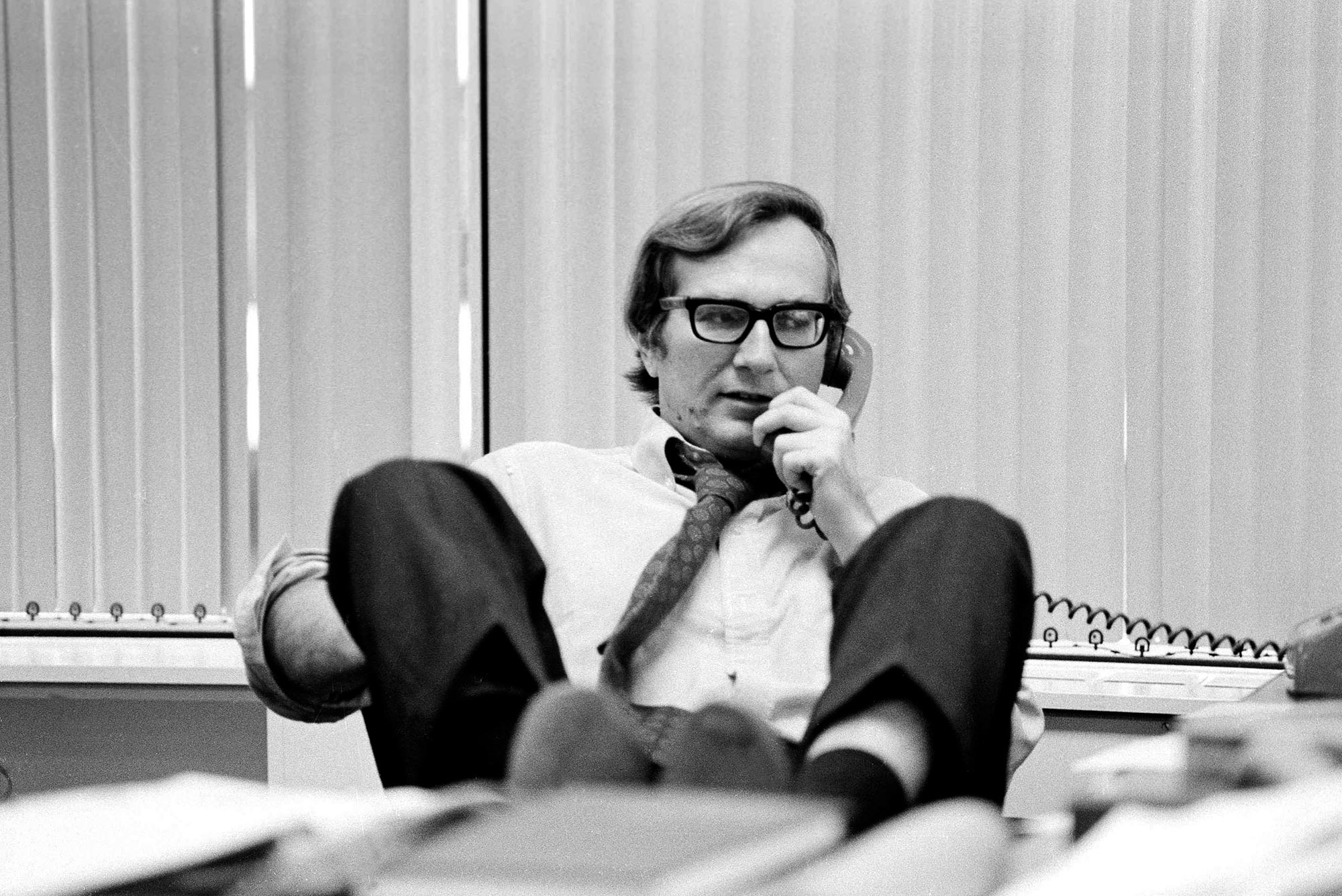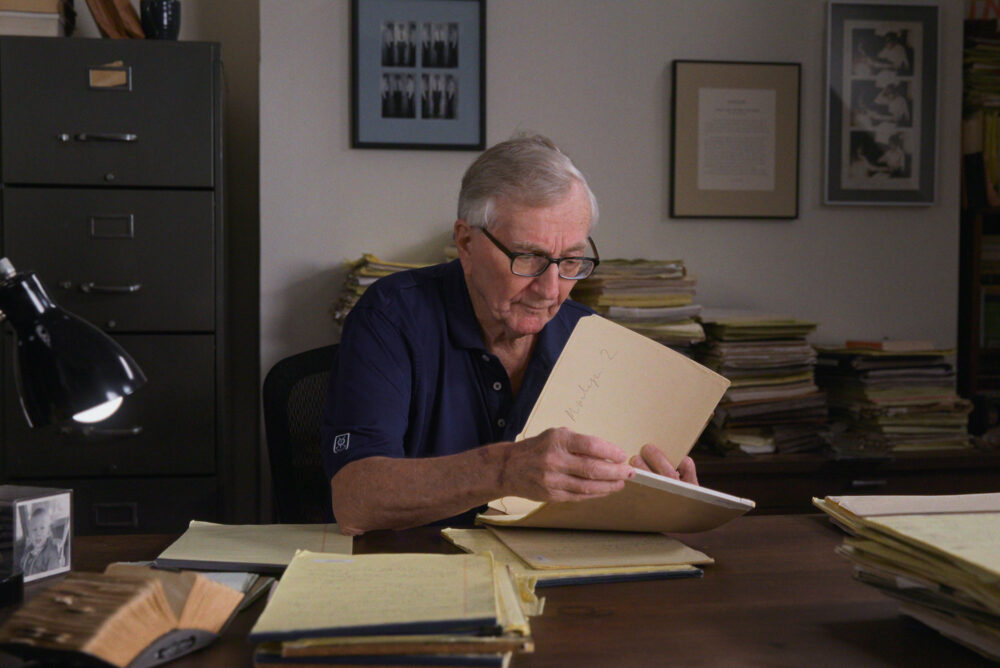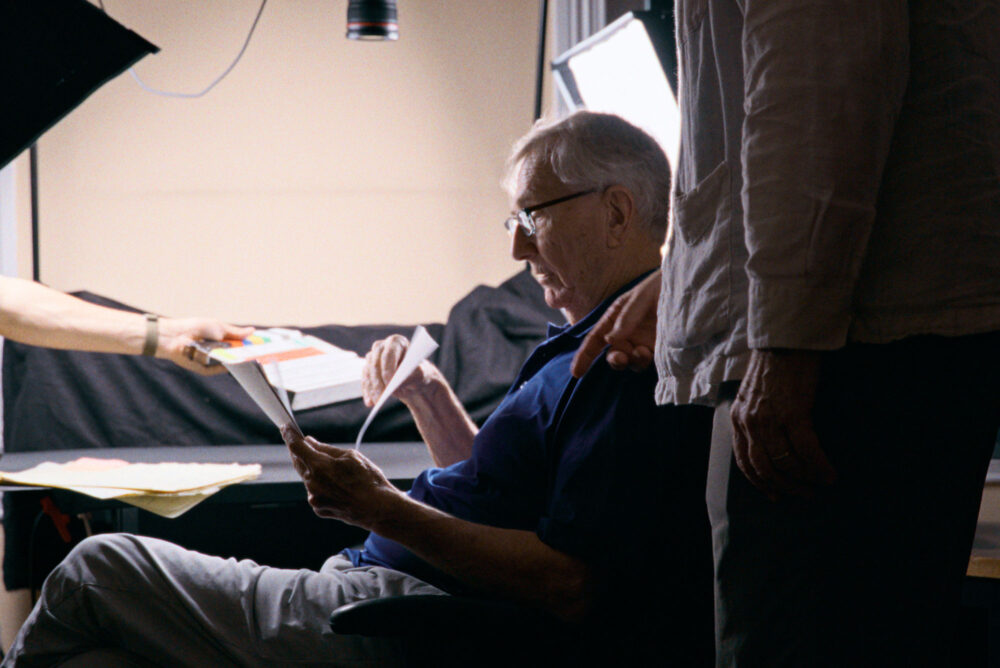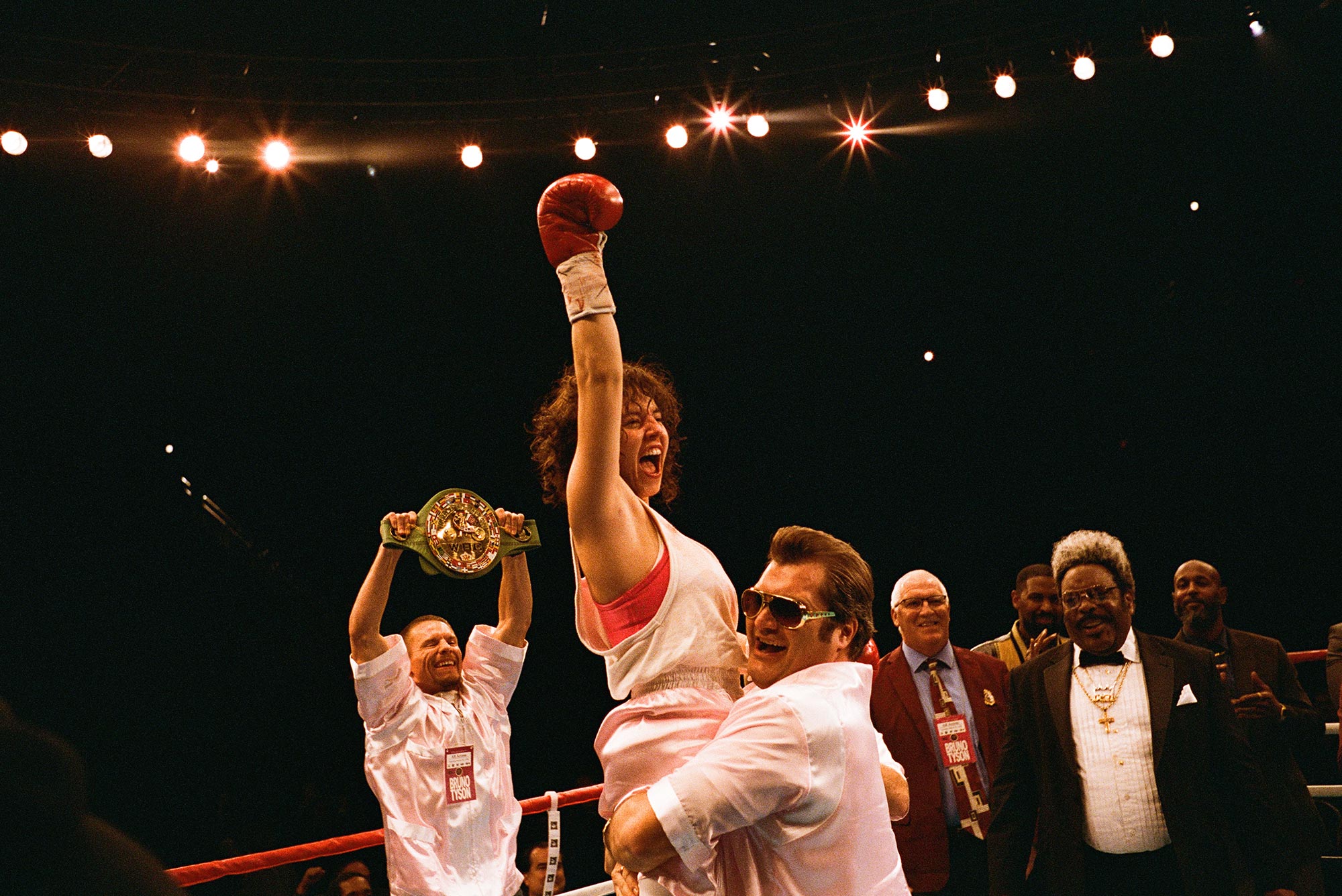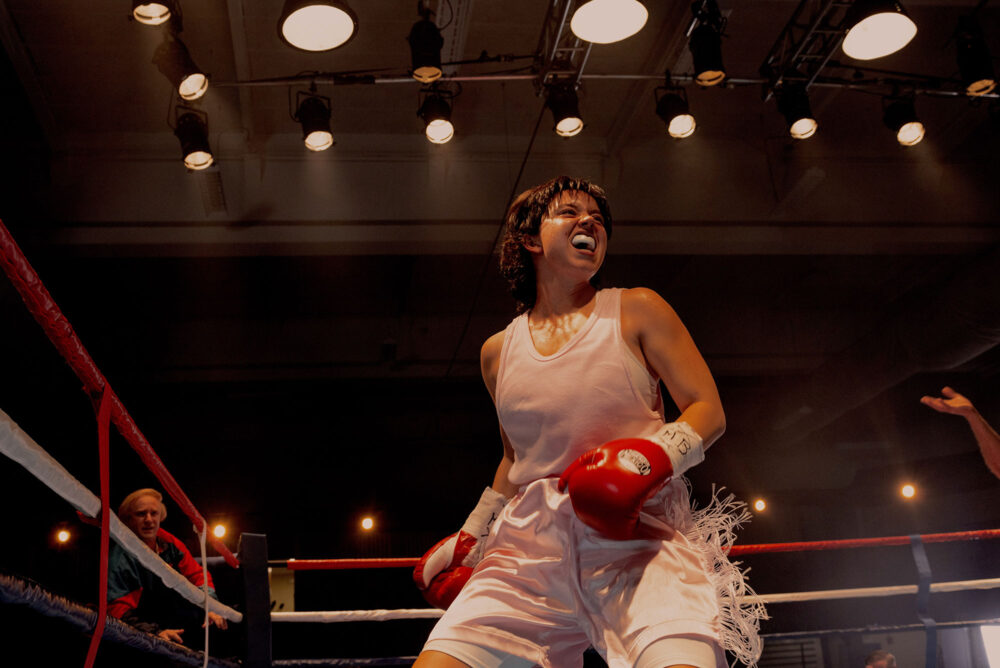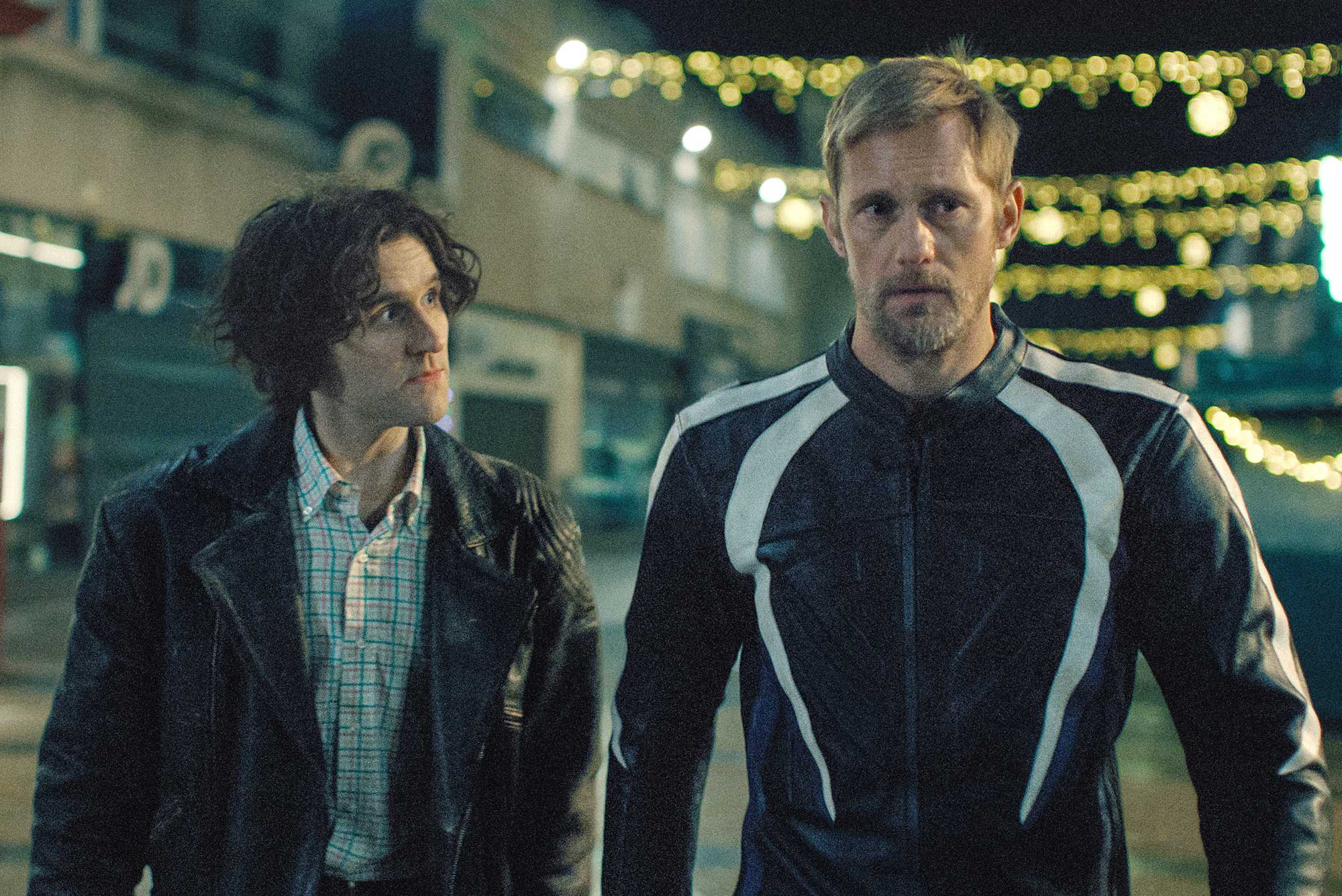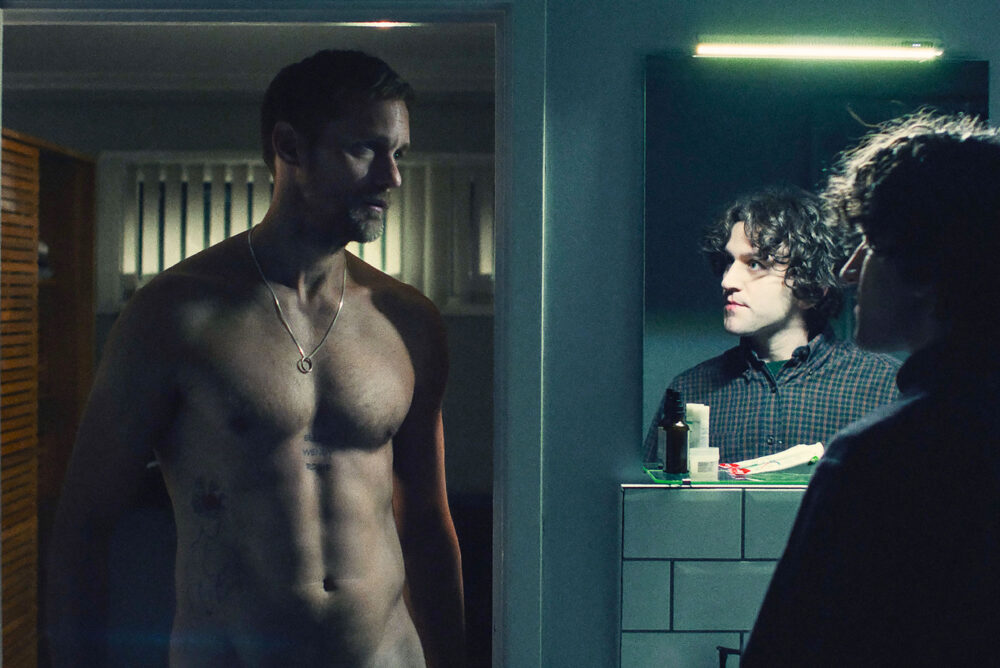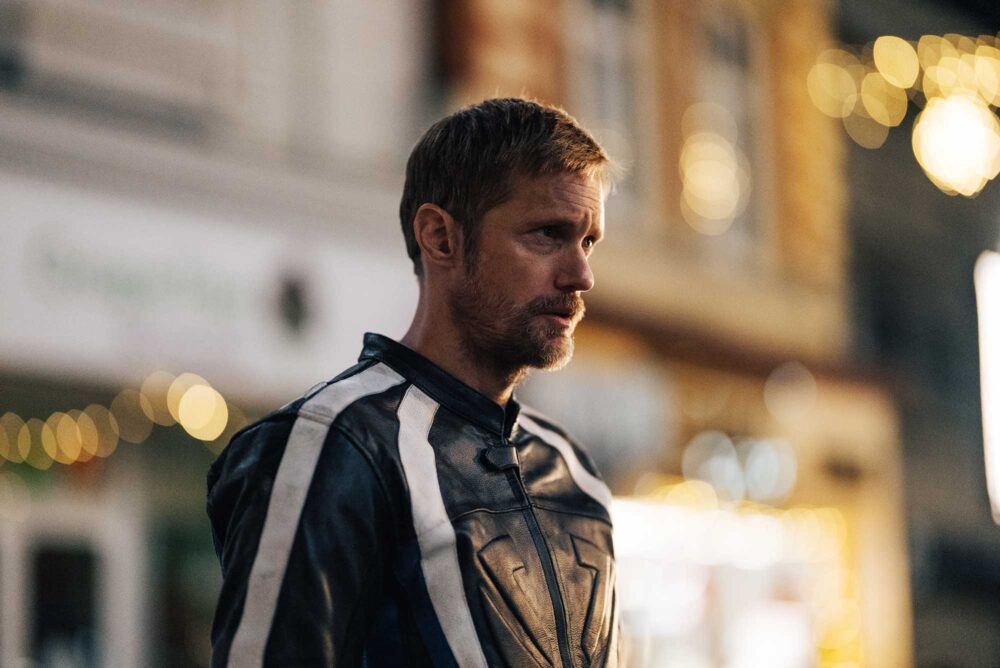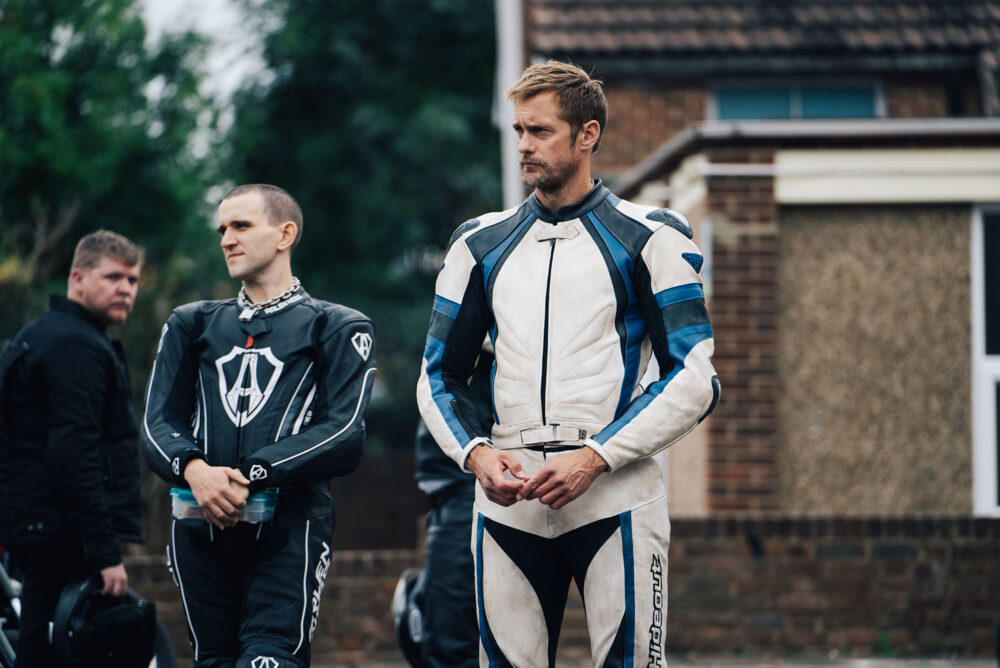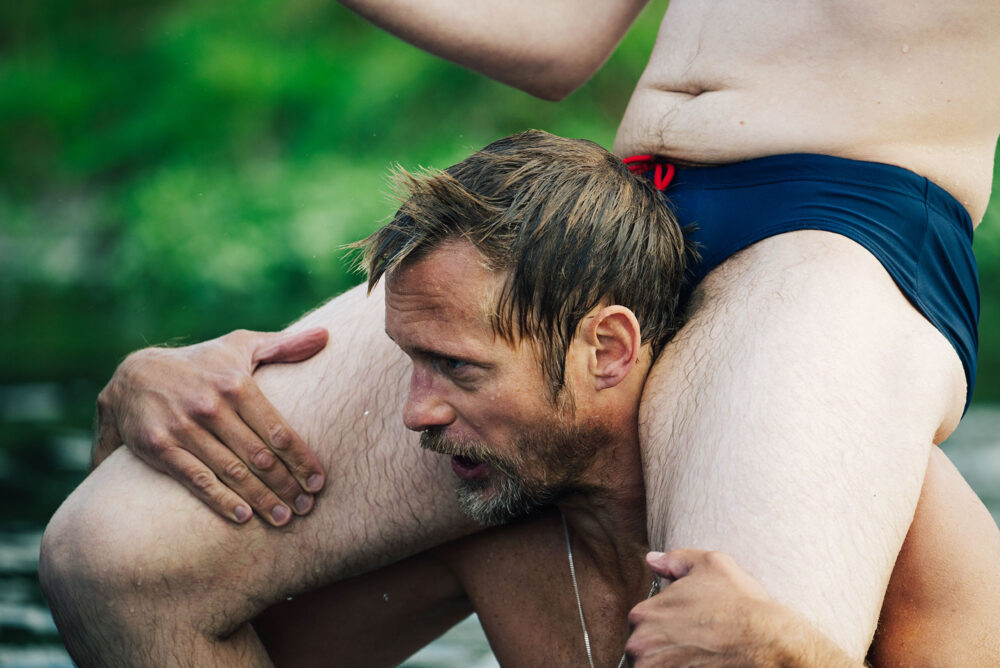Photographs MARK READ
Words by JANE CROWTHER
A La-La Land fixture since the ’30s, this trolley-car bar has entertained The Duke, The King and The Chairman among a constellation of stars who have dropped by for a Mai Tai and a bite. It has featured in movies, songs and legends, dodged the wrecking ball and continues to provide old Hollywood glamour and gossip from its rouge embrace. Hollywood Authentic invites you to meet us at The Formosa…
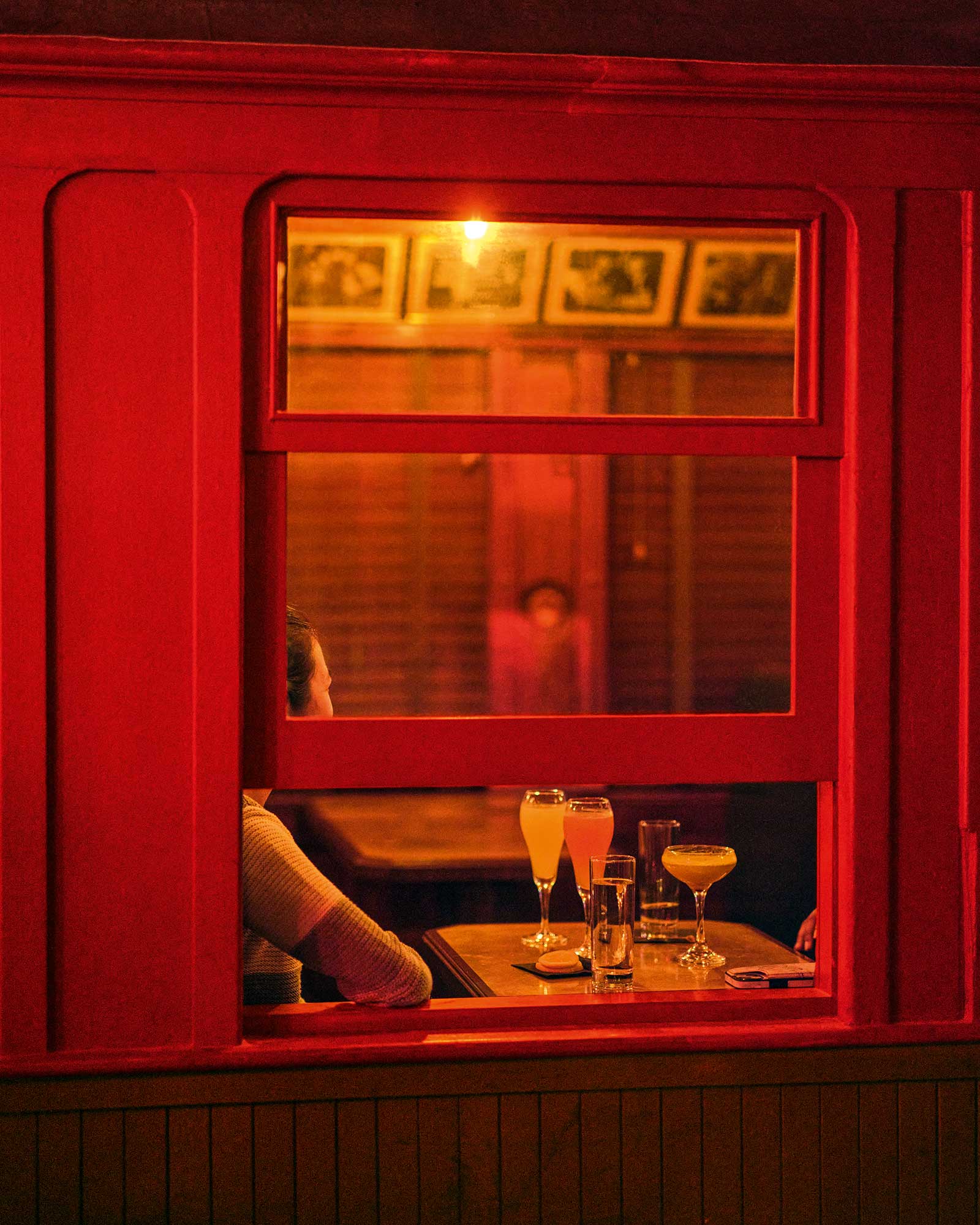
First opened in 1939 across the road from the Samuel Goldwyn Studio lot, the Formosa Cafe has been the site of whispered secrets and Hollywood tales ever since. The 1917 Hampton Studios, 1920s Pickford-Fairbanks Studio and the fledgling United Artists, plus the Warner Hollywood Studios all sat at the corner of Formosa and Santa Monica Boulevard at various times over the decades. The stars of productions looking for a quick bite and drink – off-site and away from the commissary – would pop across the street to sink into the deep, red vinyl booths and speakeasy atmosphere of the Formosa. The sign on the bar, ‘Where the stars dine’, isn’t an empty boast. Regular John Wayne got so sloshed one night he slept off his whiskey in the bar and was found making scrambled eggs for breakfast in the kitchen the next morning. Marilyn Monroe has sipped at the storied watering hole, as has Howard Hughes, while juggling screenings across the street and dates at his table. While making films in town, Elvis Presley used to rock up to meet Colonel Tom Parker in his favourite booth (his liquor decanters are on show in the bar now), and he once turned up with a new Cadillac for a waitress who his party had forgotten to tip. His daughter, Lisa Marie, continued the tradition and hosted a posthumous 88th birthday party for her father in the cafe days before she died in 2022.

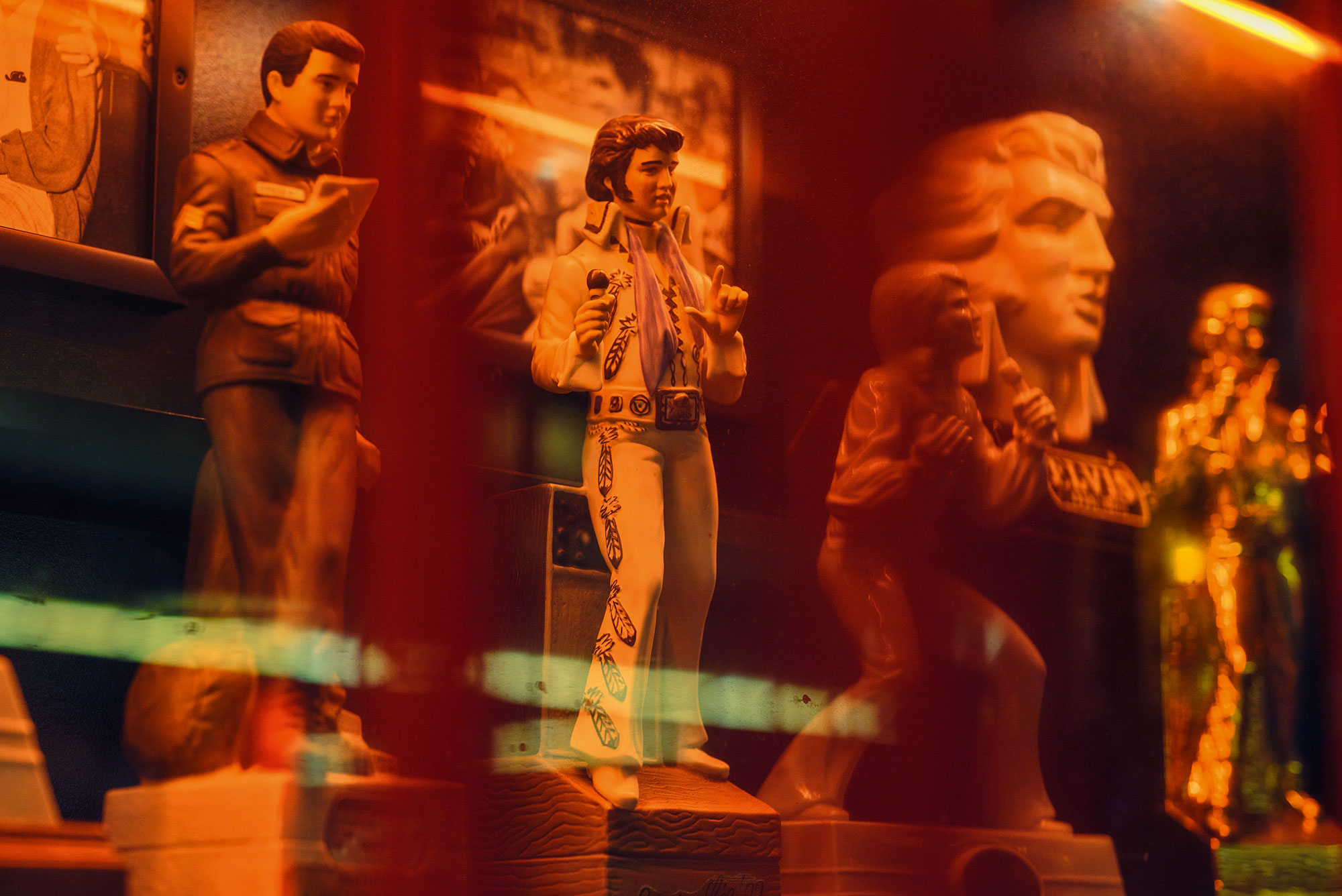
The sign on the bar, ‘Where the stars dine’, isn’t an empty boast. Regular John Wayne got so sloshed one night he slept off his whiskey in the bar and was found making scrambled eggs for breakfast in the kitchen the next morning
Mobster Bugsy Siegel used a booth so often the restaurant was referred to as his ‘office’ and he had a secret safe installed at his table for sneaky cash transactions, which is still visible through a glass pane in the floor. Frank Sinatra, James Dean, Humphrey Bogart and Ava Gardner frequented the venue for its discretion, dim lighting, cosy vibes and killer cocktails. Little wonder that it featured in a key scene in Curtis Hanson’s love letter to cinema’s Golden Age, LA Confidential, when LAPD detectives (Guy Pearce and Kevin Spacey) offend Lana Turner by interrupting her dinner and assuming she is a sex worker. In The Majestic, it stood in for the fictional Coco Bongo bar on Santa Monica Pier, and of course such a vintage hangout would be an onscreen haunt for old-school Hollywood fans Jon Favreau and Vince Vaughn in Swingers.
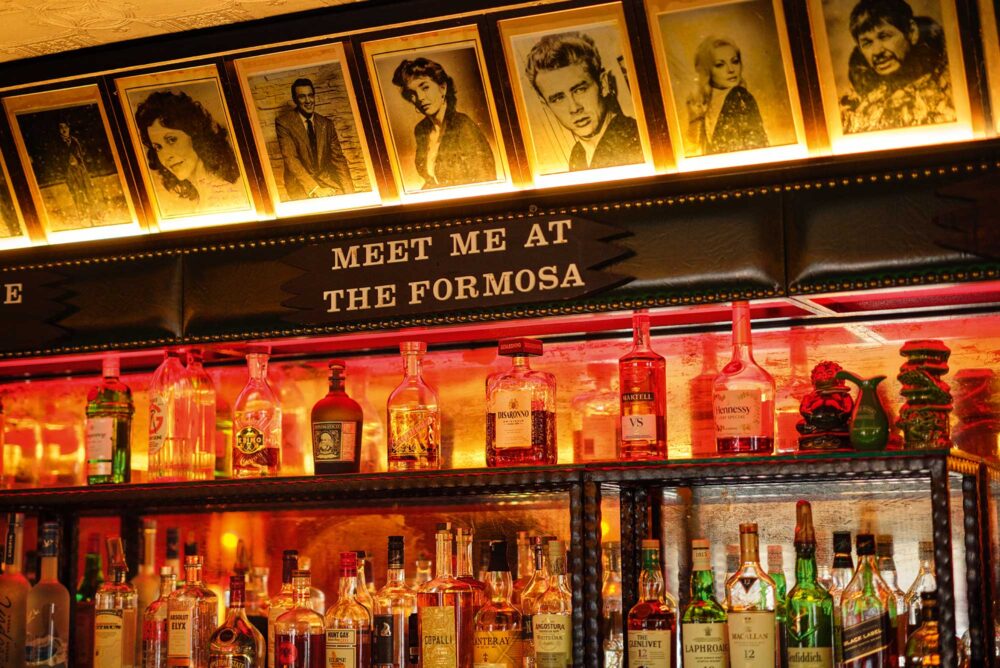
For almost as long as movies have been the industry of Los Angeles, a restaurant has sat on this site. Established in 1925 as the Red Post Cafe, the business was expanded with a decommissioned 1904 red trolley car and a partnership with chef-turned-restauranteur Lem Quon (and stayed in the Quon family for decades). The trolley car remained, Chinese food went on the menu and the Formosa asked many of its famous clients to autograph their headshots as they draped over the bar. Those 8x10s lined the walls for years, looking down on the swirling cigarette smoke and hushed conversations through to the threat of demolition in 1991. When longtime patron Bono heard his favourite cocktail lounge might shut down, he scribbled a poem on a drinks coaster:
… It’s dark in the daylight,
you can’t see very far
Past the ghosts of Sam Goldwyn
in the old train car.
Jane Russell was there,
and so was Monroe
When James Dean told the
“Rock” where to go
Hey, Elvis is dead but he haunts
the PagodaIt’s on Santa Monica,
it’s called Formosa.
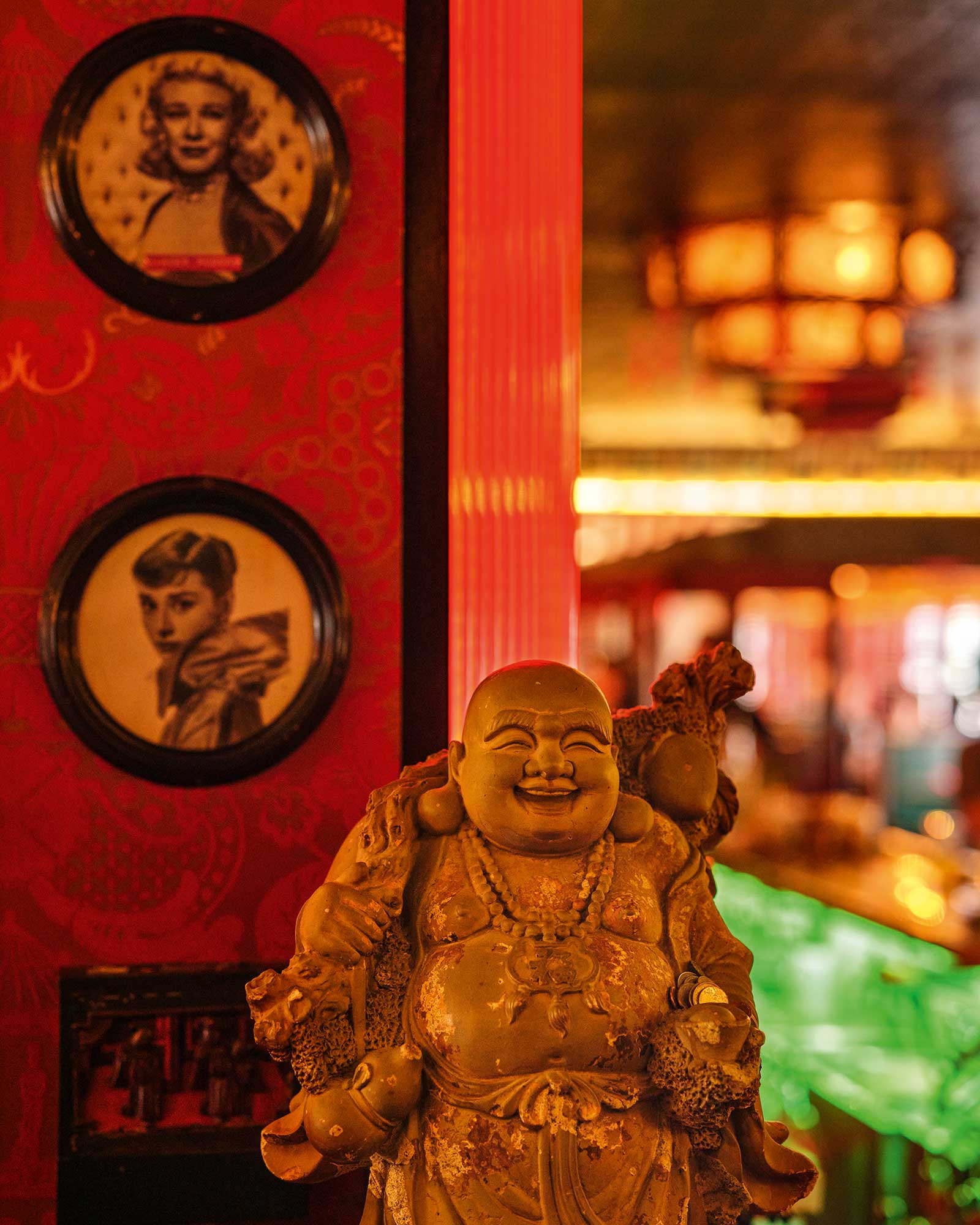

The Formosa survived, with fans including the Beastie Boys, until an unpopular remodelling in 2015 when the vibrant lacquered walls, pagoda lanterns and buddha statues were ripped out for a more modern look. Later, as it seemed that the ghosts of Hollywood might be lost along with a legendary haunt, preservationists and the 1933 Group moved in to save and restore the grand dame.
Consulting old photographs for veracity, the team painstakingly replaced all the fitting and ephemera as it was (dusting off in-storage items, re-purchasing sold property), and worked on a new bar area and the refurbishment of the 36-seater, 800-series Pacific Electric trolley car – which is now the oldest surviving model of its kind. The careful $2.4 million restoration replaced trolley parts and uncovered new glass – and allowed the small room at the back of the car, which was formerly Siegel and then later mobster Mickey Cohen’s private office, to shine. Now it’s a cosy VIP dining space for up to 20 people with its own separate entrance and a vintage rotary phone to make orders directly to the bar. It was also here during the recent Presley birthday celebrations that Elvis’ prized possessions were displayed for guests (his gem-encrusted ‘TCB’ ring, Aloha Hawaii cape and silver Vegas belt among the treasures) after being flown in with the curator via private jet direct from Graceland. The vibe of both kingpins and the king reside here.
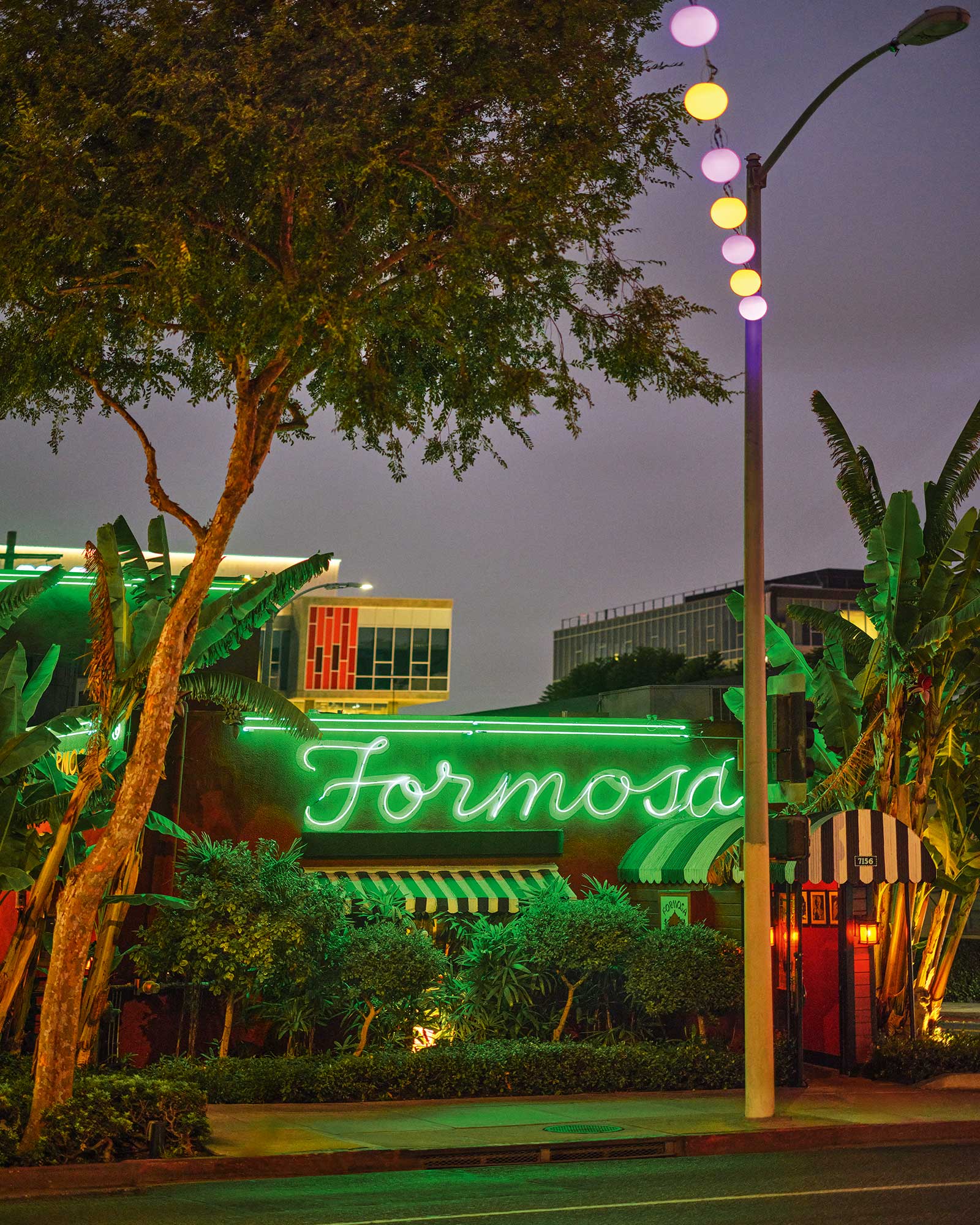
Wanting to honour the heritage of the place, a back dining room was created where the smoking patio used to be, with an ornate bar formerly from Chinatown’s famous Yee Mee Loo restaurant. The Yee Mee Loo was a similar time capsule, with an underground Tiki joint called the Kwan Yin Temple serving lurid drinks, decorated with a clock that ran backwards and a bar that was a prop altar used in the 1937 movie The Good Earth. The bar had been in a Glendale restaurant and then a private home’s lounge before the 1933 Group found it and relocated it. The tiles on the pagoda roof of the whimsical bar were created by Warner Bros Design Studio – a fitting link to the company’s old-time links to the bar as former neighbours. The dining space alongside it is now decorated with vintage photos, lobby cards and promo material of trailblazing Asian actors who made their mark on Hollywood, in theatre and in TV and radio, curated by filmmaker Arthur Dong.
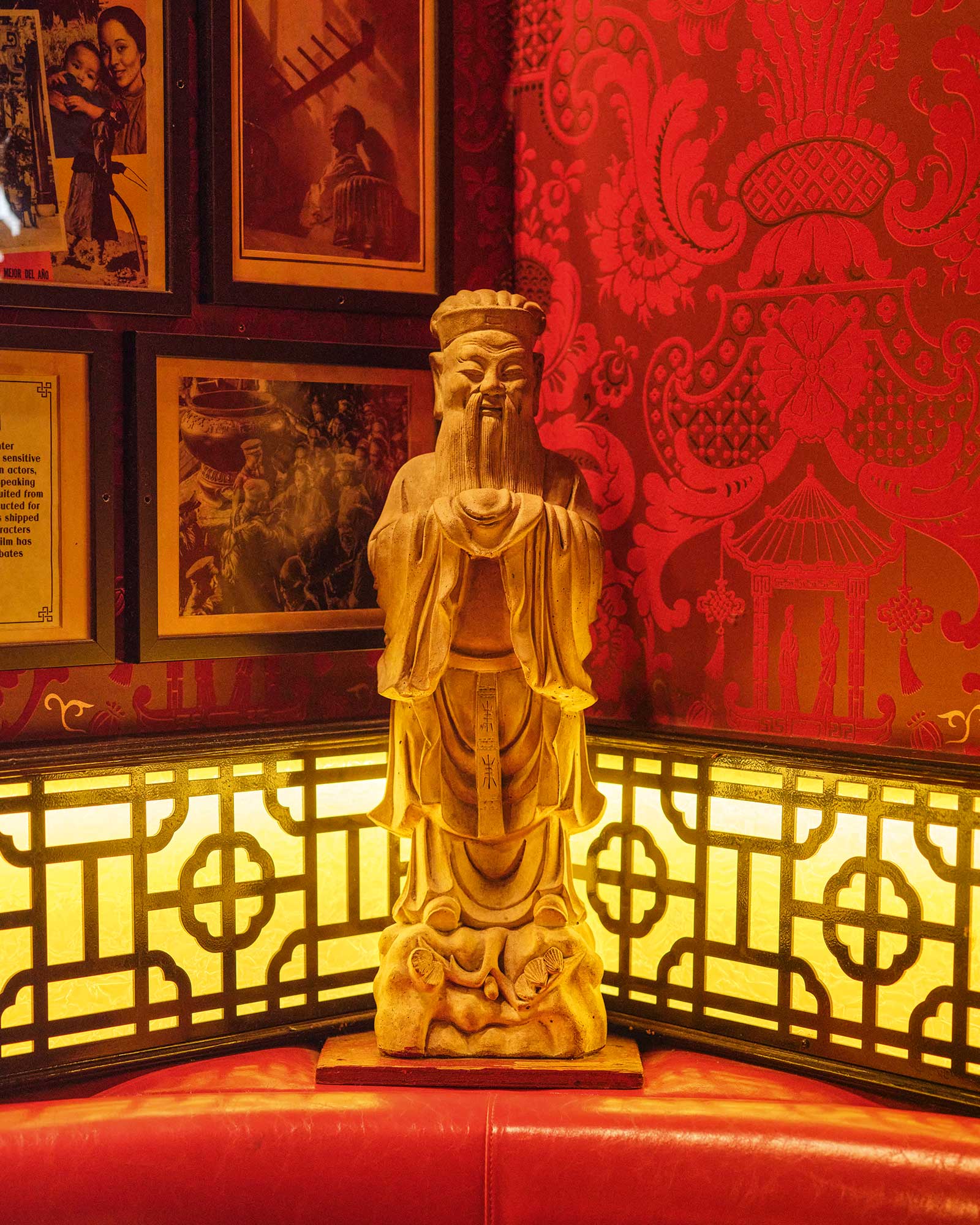
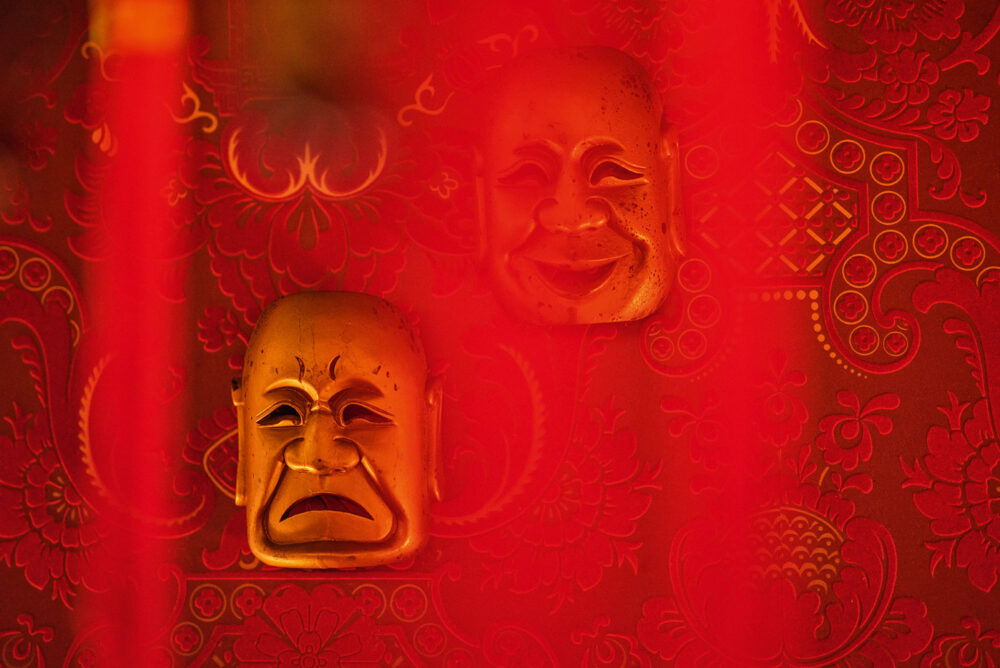
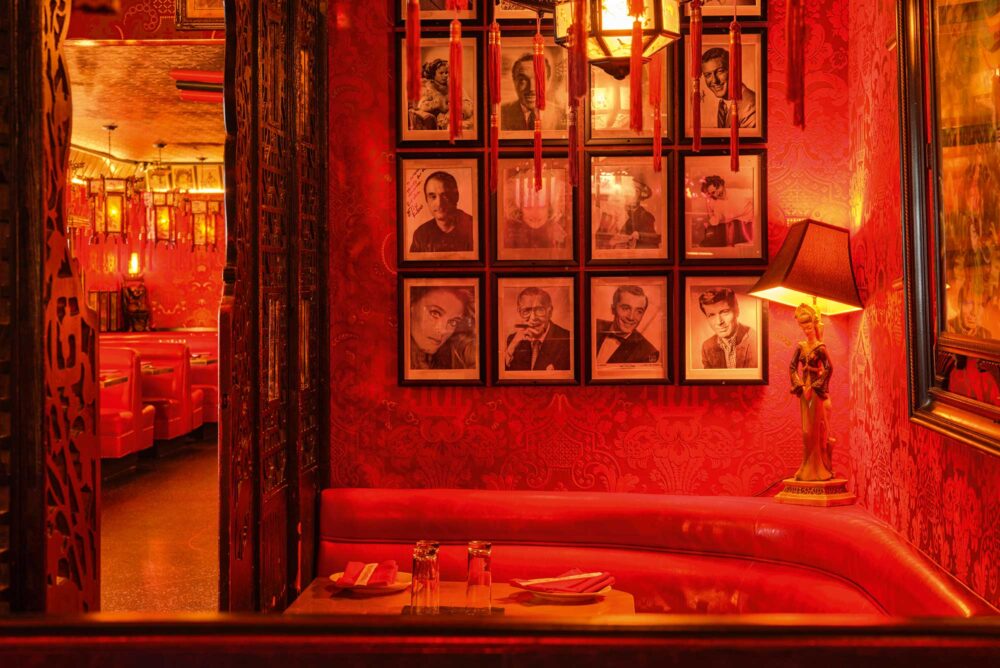
These days, the Yee Mee Loo bar and the original brass-topped bar – which gleams like a polished Buick – are linked by the same terrazzo floor slabs that line the Hollywood Boulevard Walk of Fame. Famous names once again stare down from the reinstated headshots on the walls and identify the coveted booth seating (take a pew at the Ava Gardner, the Elvis or the John Wayne); the cocktail list is a book of talent favourites. The Duke’s ‘All Nighter’ (Milagro Blanco Tequila, RumChata, Fair Goji Liqueur, passionfruit and lime) sits alongside the bar’s famous Mai Tais and Blood and Sand concoctions. Drink a couple of those and you may well feel you’ve travelled to another time – or dimension; apparently the ghost of a gentleman sits in booth eight and can only be seen through the reflection in the bar’s overhead mirror…

Photographs by MARK READ
Words by JANE CROWTHER
7156 Santa Monica Blvd, West Hollywood, Los Angeles, CA 90046
www.theformosacafe.com


